Creating quality Backlinks is very important in the field of SEO to enhance a site’s popularity.
Link exchange and guest posting are two famous ways of getting these backlinks. Both, however, have massively different strategies and effectiveness toward boosting SEO results.
Link exchange is when two websites link to each other, and guest posting is the process of writing for another website in return for a link.
This post will explore the battle that rages on between these two tactics to find out which is more appropriate for your needs depending on your SEO goals. Look for SEO-friendly link exchanges
Check out SEO-friendly link exchanges
Key Takeaways
- Know the Basic Differences between Link Exchange and Guest Post.
- Understand how search engines see these link building schemes.
- Learn what’s good and what’s bad about both approaches.
- Figure out which tactic best fits your content marketing goals.
- Learn how to increase your website’s potential to rank higher.
Understanding Link Building Fundamentals
One of the foundations of SEO is link building. Looking for a more intuitive way to manage internal links? This Link Whisper replacement tool might be the upgrade you’re looking for.. Free link exchange networks
The Three Key Backlink Signals
Here’s What You Need To Know Google’s Backlink Algorithm evaluates the quality of backlinks with these three main signals in mind: relevance, authority, and diversity.
- Relevance is about how related to your content the linking page’s content is.
- The authority is all about how much users would trust the referring page.
- Variety means variety of links from different sources.
How Google Evaluates Backlinks
Google checks backlinks through an advanced algorithm which analyses natural/ editorial links from SEO backlinks constructed for manipulation. The changes in Google’s link assessment standards confirm its dedication to rewarding the search for real, useful information. Google E-A-T guidelines knowledge is important for backlink evaluation.
With an emphasis on quality as well as relevance, you’ll be able to develop a solid link profile that helps get your site discovered in search results.
When you’re ready to refine your outreach strategy, this partnership outreach email template provides a clear, effective starting point.
What Is Link Exchange?
The exchange of links means that the owners of two [or more] website agree to link to the sites of each other to build, what is hoped, will be a network of related content. This tactic is used to strengthen a site’s backlink profile, which can help improve search engine rankings.
151Link exchange Link management is not a simple process but has many strategies and techniques. By understanding the nuances of it, you need to understand the different kinds of strategies relating to the exchange of links and how you go about employing them. For teams managing on-site adjustments, our breakdown of how FTP access empowers SEO specialists offers valuable insight.
Types of Link Exchange Strategies
There are many forms of link exchange, of varying levels of reciprocity Direct, or two-way: two sites agree to link to each other Parallel, or two-way: two sites agree to link to each other site Multiway: three or more sites agree to link to each other site, but not all sites link to all other sites. For example, a link exchange in three-ways needs to involve at least two top-notch websites to be successful.
The first step is finding potential partner websites that are relevant to your niche or industry.
Making good offers is very important when it comes to link exchange.
Links with strategic placement sent from relevant content can have a significant SEO impact.
How Link Exchange Works
How does link exchange work? The website owne rs mutually agree to publish each other’s links in return. This can be achieved by direct or intricate means. The esthetic is that the links are placed within relevant content, an extraordinary method to seem unfeigned and conjointly the most effective way to boost SEO.
It’s vital for long term success that we monitor the performance and stability of swapped links. A sound link exchange check-up routine helps to make sure of relevancy and quality of the partner sites.
By knowing and using the nuances of link exchange, a website owner can drive more traffic to the site and increase its credibility.
What Is Guest Posting?
Guest posting, or guest blogging, is the practice of creating content for other websites to attract new readers and improve search engine rankings. This SEO strategy is not only about link building but also about establishing authority in your niche.
By writing guest posts, you can tap into the audience of other websites, expanding your reach and potentially driving more traffic to your own site. The key is to identify relevant guest posting opportunities where your content will resonate with the existing audience.
The Guest Posting Process
The journey of your guest blogging venture consists of many more stages – from identifying the right opportunities and delivering content pitches to writing and rolling out your guest post! You need to spin until you find relevant sites in and around your niche with a high domain authority.
After you’ve found those out, you will have to go through their content guidelines and pitch a topic that relates to their audience somehow. Once hired, you will produce excellent content which adds value to their readers. Not all links were created equal – find out why foundational backlinks are the best place to start.
Not all links are equal — see why foundational backlinks should come first.
Finding Guest Post Opportunities
Discovering quality guest posting opportunities requires a combination of search techniques and relationship building. You can start by using SEO tools like Respona, Semrush, or Ahrefs to identify potential sites in your niche.
Another effective method is to search for websites with “Write for Us” pages or use search operators like “your niche + write for us” or “your niche + guest post guidelines.” Social media and niche forums are also great places to find blogs open to guest post contributions. For more context, learn more in our guide on PBN domains with backlinks.
Link Exchange vs Guest Posting: A Detailed Comparison
Understanding the nuances between link exchange and guest posting is crucial for a successful SEO strategy. Both techniques have their unique strengths and weaknesses, which can significantly impact your website’s rankings.
To make an informed decision, it’s essential to delve into the specifics of each approach. Let’s examine the relevance factor, a critical component in determining the effectiveness of your link building efforts.
Relevance Factor
The relevance factor plays a pivotal role in link building. A link from a relevant page is considered more valuable than one from an unrelated site. Guest posts can offer high relevance if you choose sites that are closely related to your niche. On the other hand, link exchange requires careful selection to ensure that the exchanged links are relevant. If you’re looking to refine your internal linking tactics, our deep dive into cross-linking techniques for SEO offers practical tips and strategic insights.
As
“Relevance is key in link building. Irrelevant links can be seen as spammy and may harm your SEO efforts.”
Thus, whether you’re engaging in guest posting or link exchange, relevance should be your top priority.
Authority Factor
The authority of the linking page is another crucial factor. High authority sites can pass more link power to your website, enhancing your SEO. Guest posting on authoritative sites can be particularly beneficial. Similarly, exchanging links with high authority pages can boost your site’s credibility.

Link Power and SEO Impact
Link power refers to the ranking influence that a backlink passes to your website, directly impacting your position in search results. Guest posts typically provide moderate link power since they appear on new pages that haven’t accumulated their own backlink profile. In contrast, link exchange involving established pages with existing backlinks can offer greater immediate power.
For instance, a guest post link might score 2/5 in terms of power because it’s on a brand-new page without backlinks.
For a detailed analysis of how niche edits can enhance your SEO strategy, explore our comprehensive guide to purchasing niche edits.
. Wondering if old-school swaps are still effective? Here’s our guide on do link exchanges still work.
If you’re refining your off-page SEO strategy, learning how a link score can influence search engine trust is a valuable step forward.. By balancing short-term ranking gains with long-term sustainable growth, you can develop an effective SEO strategy that enhances your website’s visibility and credibility.
Pros and Cons Analysis
When it comes to link building, understanding the pros and cons of different strategies is crucial for making informed decisions. Both link exchange and guest posting have their advantages and disadvantages, which are essential to consider when developing a link building strategy.
Advantages and Disadvantages of Link Exchange
Link exchange, a strategy involving the reciprocal exchange of links between websites, can be beneficial in certain contexts. One of the primary advantages of link exchange is its potential to quickly acquire a large number of backlinks. However, this strategy can be risky if not executed carefully, as search engines may view it as a manipulative tactic.
The main disadvantage of link exchange is the risk of being penalized by search engines for participating in link schemes. On the other hand, when done correctly, link exchange can help improve a website’s visibility and drive traffic.
| Strategy | Advantages | Disadvantages |
|---|---|---|
| Link Exchange | Quick acquisition of backlinks, improved visibility | Risk of being penalized, potential for low-quality links |
| Guest Posting | High-quality backlinks, increased brand visibility, referral traffic | Time-consuming, potentially expensive, requires high-quality content |
Advantages and Disadvantages of Guest Posting
Guest posting involves writing and publishing content on other websites, offering numerous benefits, including acquiring high-quality backlinks and increasing brand visibility. Guest posting allows for full control over the content and anchor text, making it a flexible strategy.
Some of the key advantages of guest posting include its natural appearance to search engines, the abundance of relevant opportunities, and the ability to showcase expertise. However, guest posting can be time-consuming and may require significant investment in content creation and relationship building.
The effectiveness of guest posting depends on creating valuable content that meets the standards of high-authority publications. By doing so, it’s possible to drive referral traffic and establish industry authority.
In conclusion, both link exchange and guest posting have their pros and cons. While link exchange offers quick results, it comes with significant risks. On the other hand, guest posting provides a more sustainable and safe approach to link building, albeit with higher demands on content quality and time investment.
Implementation Best Practices
Implementing link building strategies effectively is key to achieving SEO goals. To get the most out of link exchange and guest posting, it’s essential to follow best practices that enhance their potential.
Effective implementation starts with understanding the nuances of each strategy. For link exchange, this means being selective about the sites you exchange links with, ensuring they are relevant and authoritative. Guest posting is often more effective when paired with niche content like our article on local SEO for financial advisors.
How to Execute Effective Link Exchanges
To execute effective link exchanges, focus on relevance and authority. Use tools like Ahrefs or SEMrush to analyze potential link partners’ domain authority and relevance to your niche. Ensure that the link exchange is mutually beneficial and complies with Google’s guidelines.
How to Create Successful Guest Posting Campaigns
Successful guest posting campaigns begin with thorough research to identify valuable opportunities in your industry. Utilize a guest post-link-building tool to analyze competitors’ backlinks and identify potential sites for guest posting. Craft high-quality, engaging content that adds value to the host website, and build relationships with editors to secure recurring post opportunities.
- Research potential guest post opportunities using tools and search operators.
- Create content guidelines and templates to streamline your workflow.
- Measure the impact of your guest posts beyond backlinks, including referral traffic and brand exposure.
Conclusion: Choosing the Right Strategy for Your Website
To maximize SEO benefits, it’s essential to evaluate the effectiveness of link exchange versus guest posting. The most effective link building approach often combines elements of both strategies tailored to your specific needs.
A backlink profile that looks natural is crucial, including a mix of guest posts, niche edits, and other types of backlinks. Understanding your competitive landscape and industry norms can help inform your decision between these link building approaches.
The right strategy for your website depends on balancing factors like time investment, budget constraints, and desired outcomes, ultimately driving traffic and enhancing your online presence.

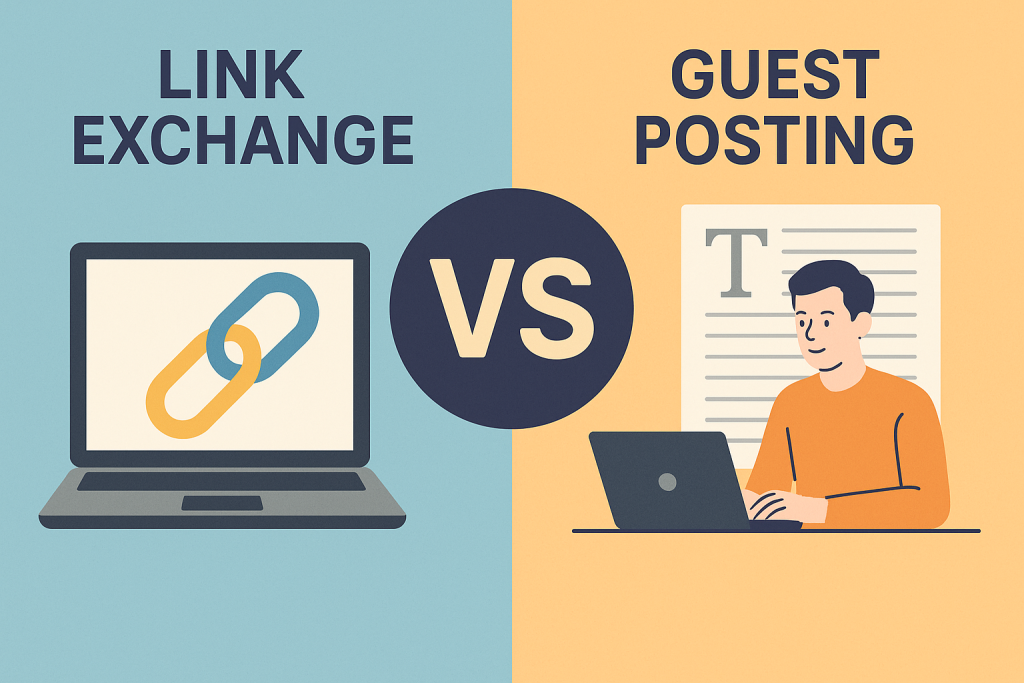
![12 Strategien zum Backlinks aufbauen [2026]](https://backlinkmanagement.io/wp-content/uploads/2025/12/12-Strategien-zum-Backlinks-aufbauen-scaled.jpg)

![How To Automate Backlink Reporting [2026 Guide]](https://backlinkmanagement.io/wp-content/uploads/2025/12/How-To-Automate-Backlink-Reporting.jpg)


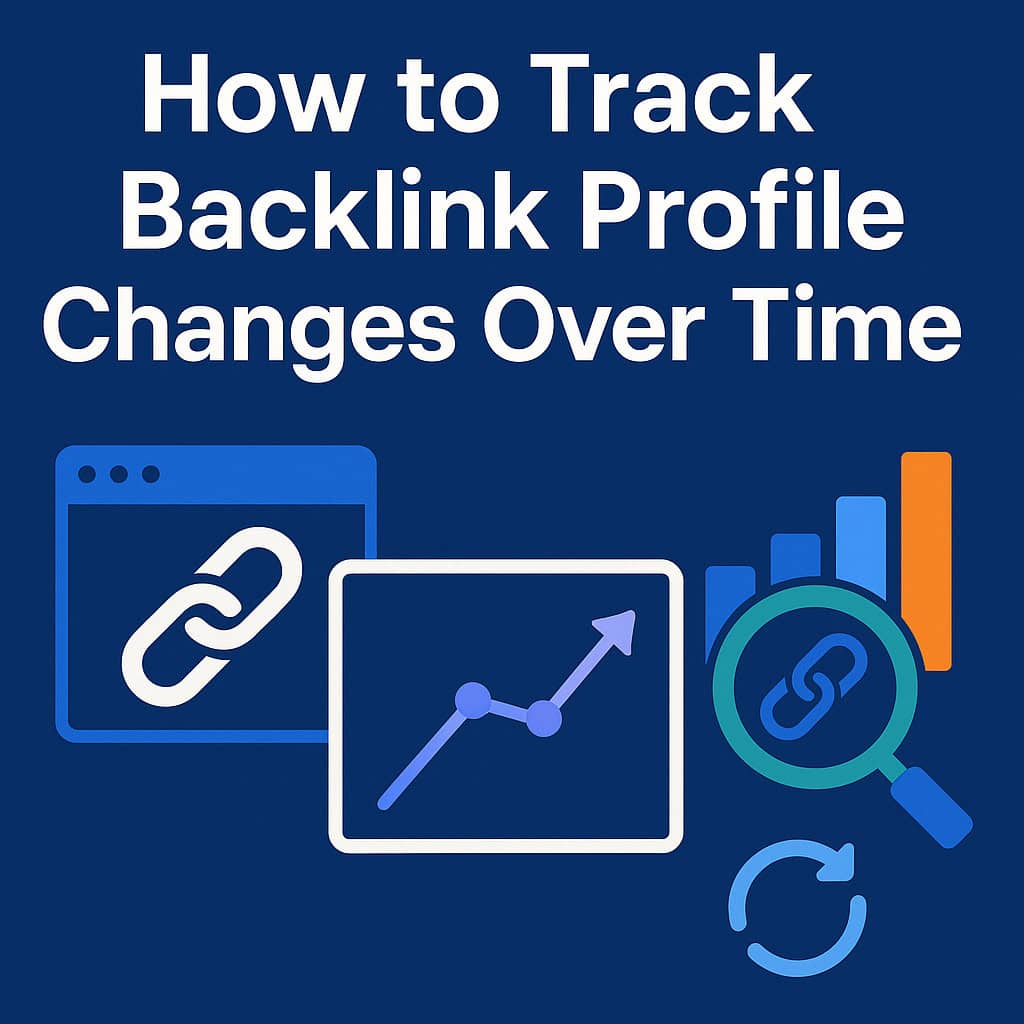
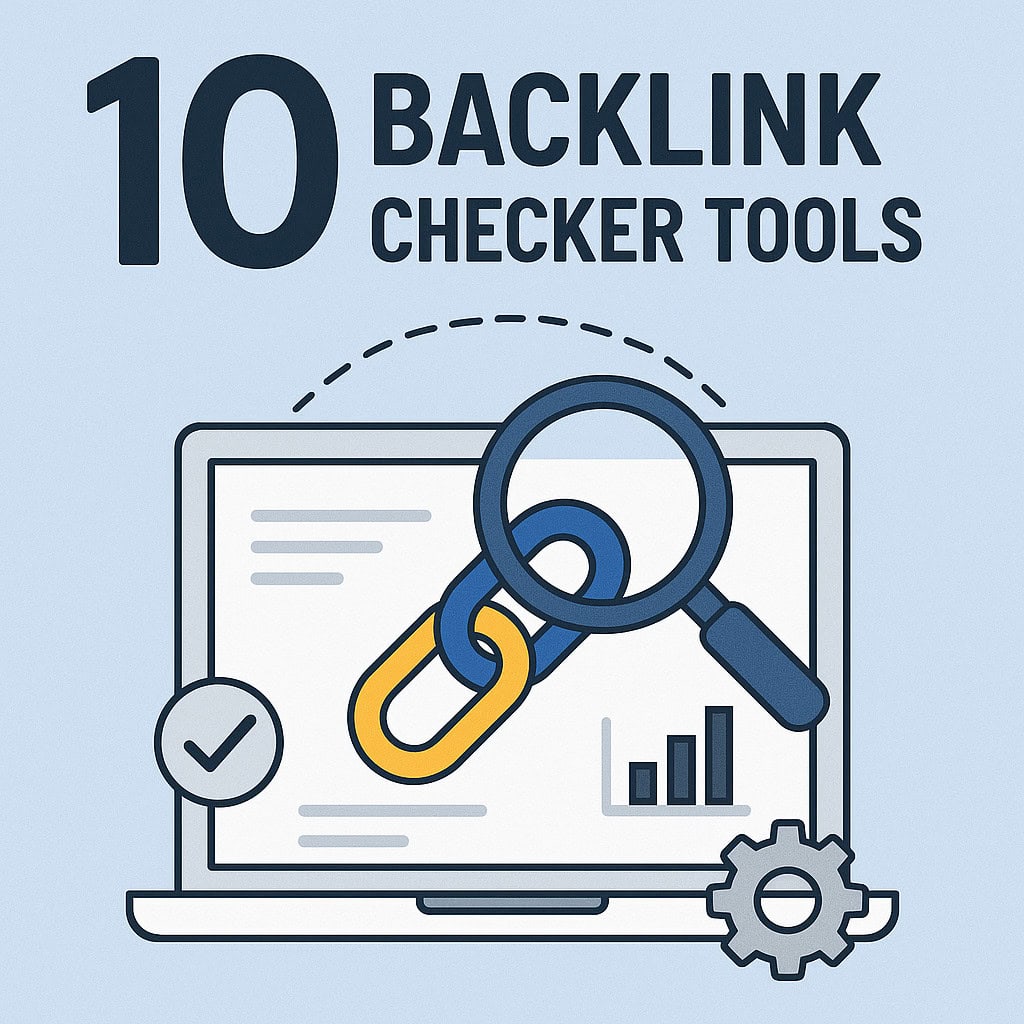
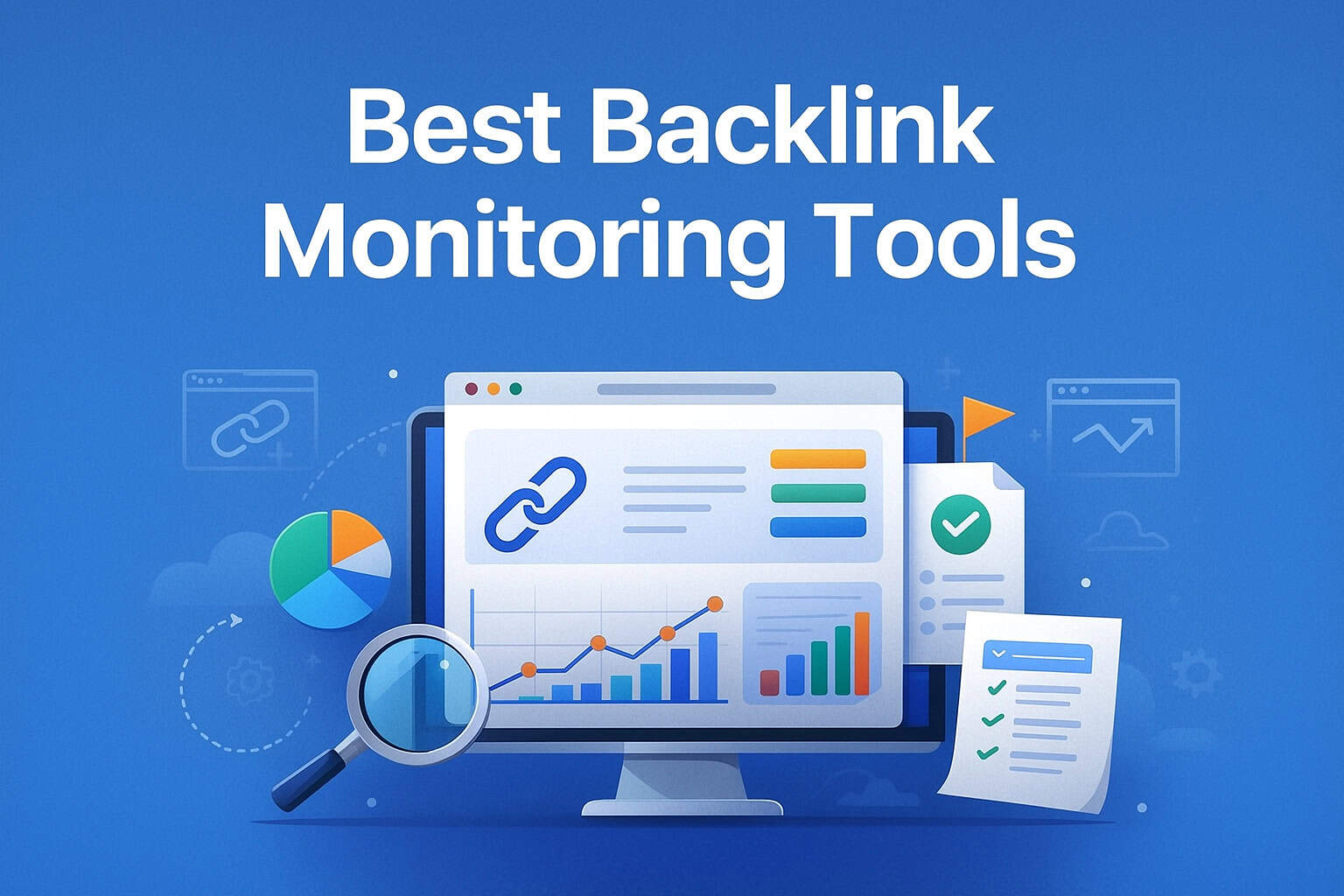

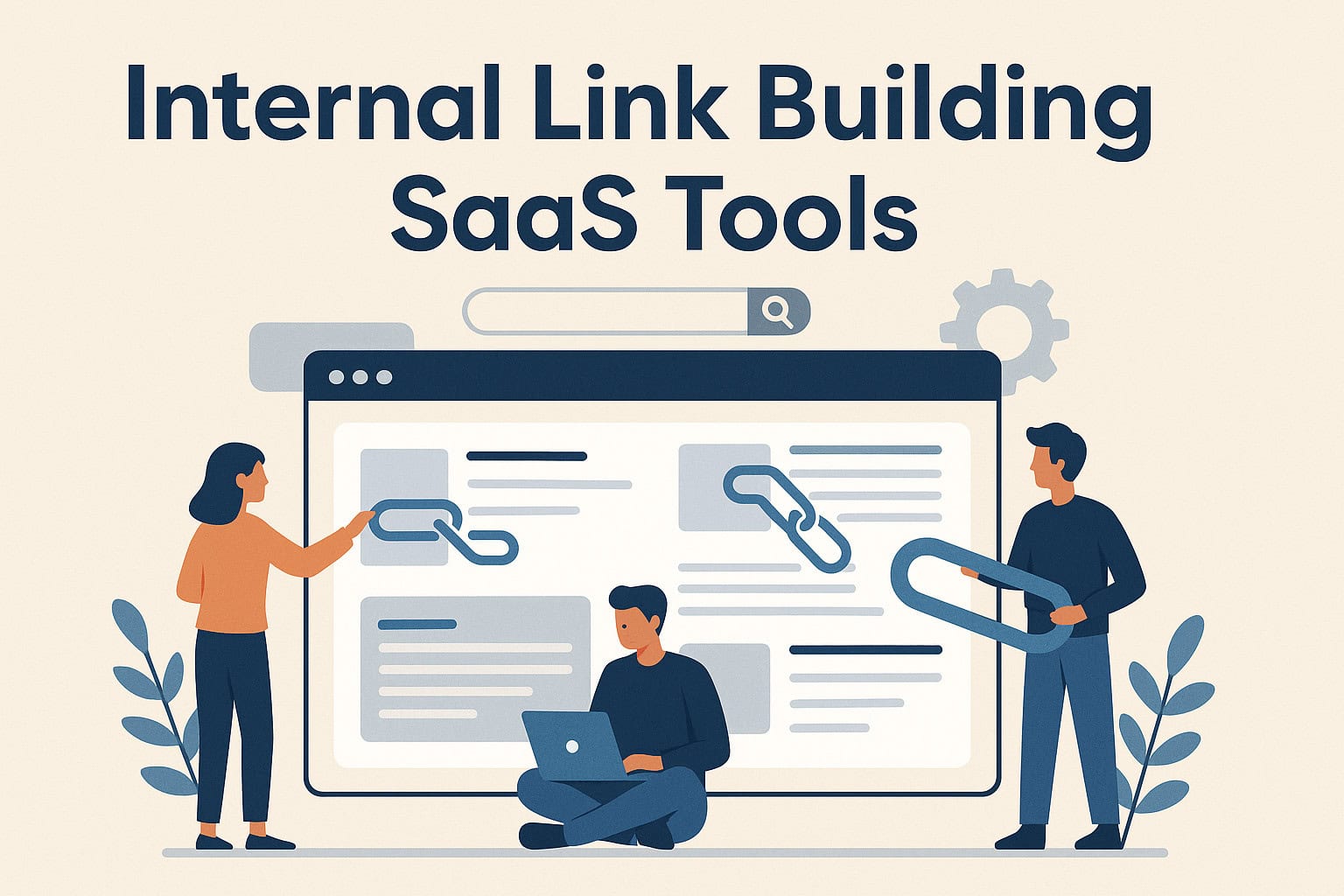

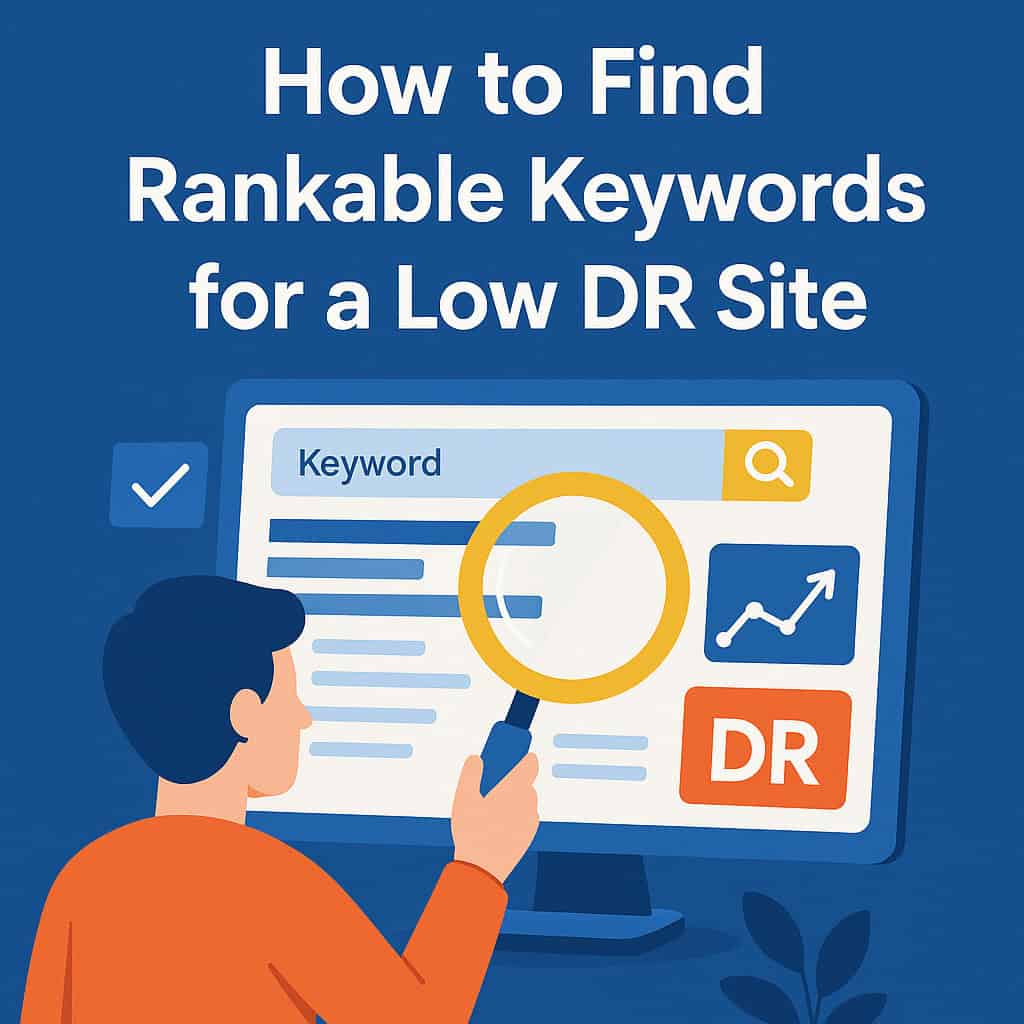
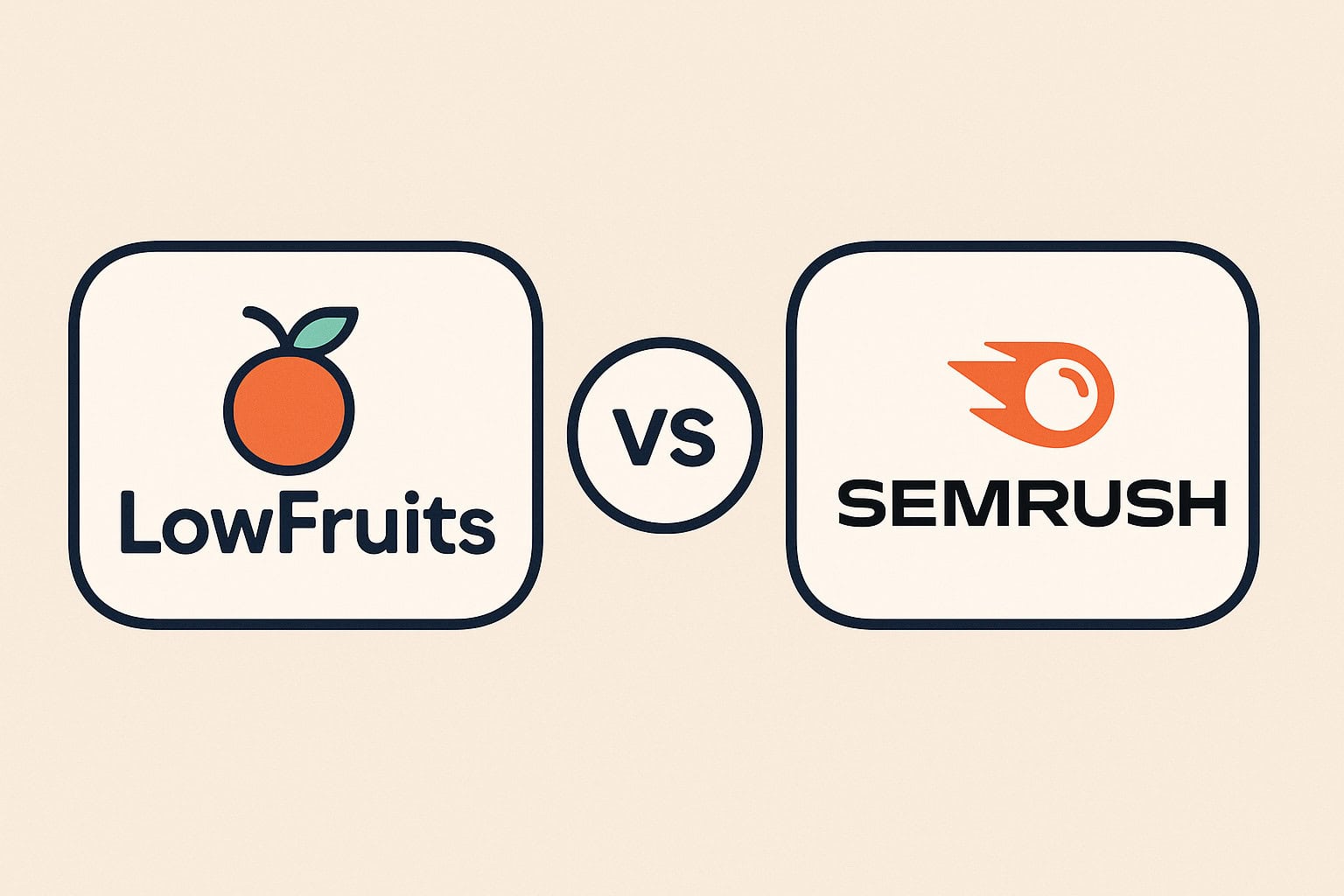
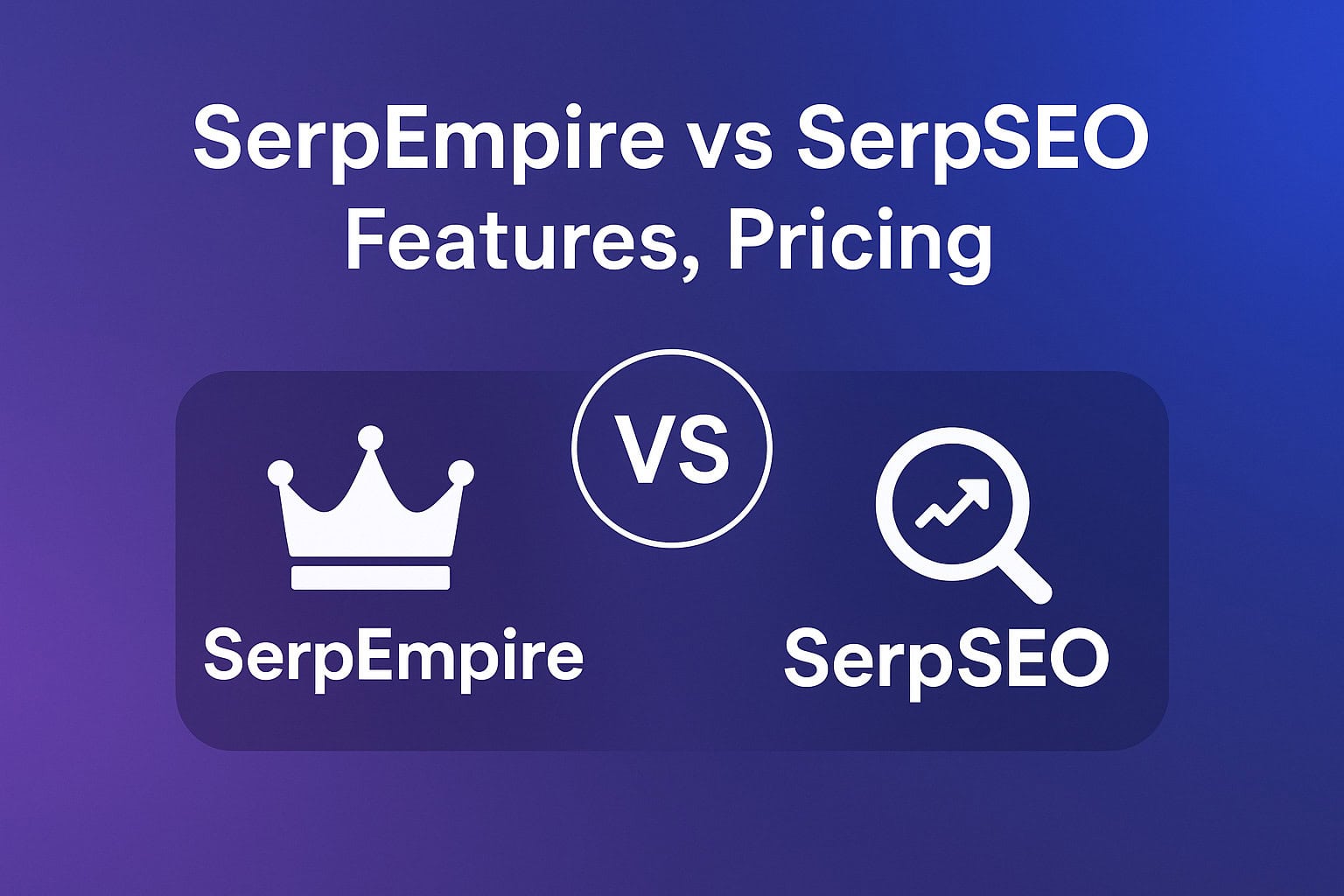
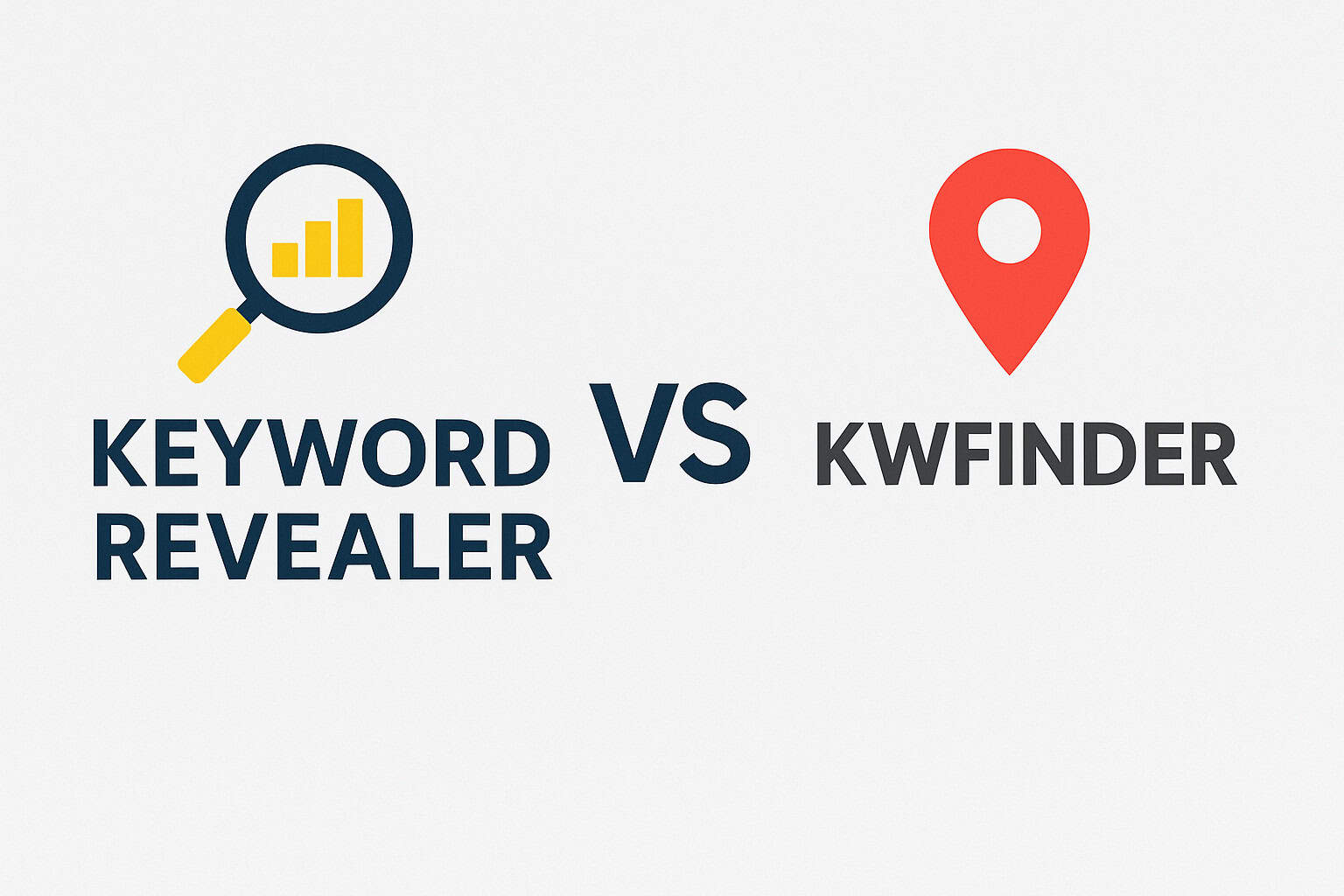
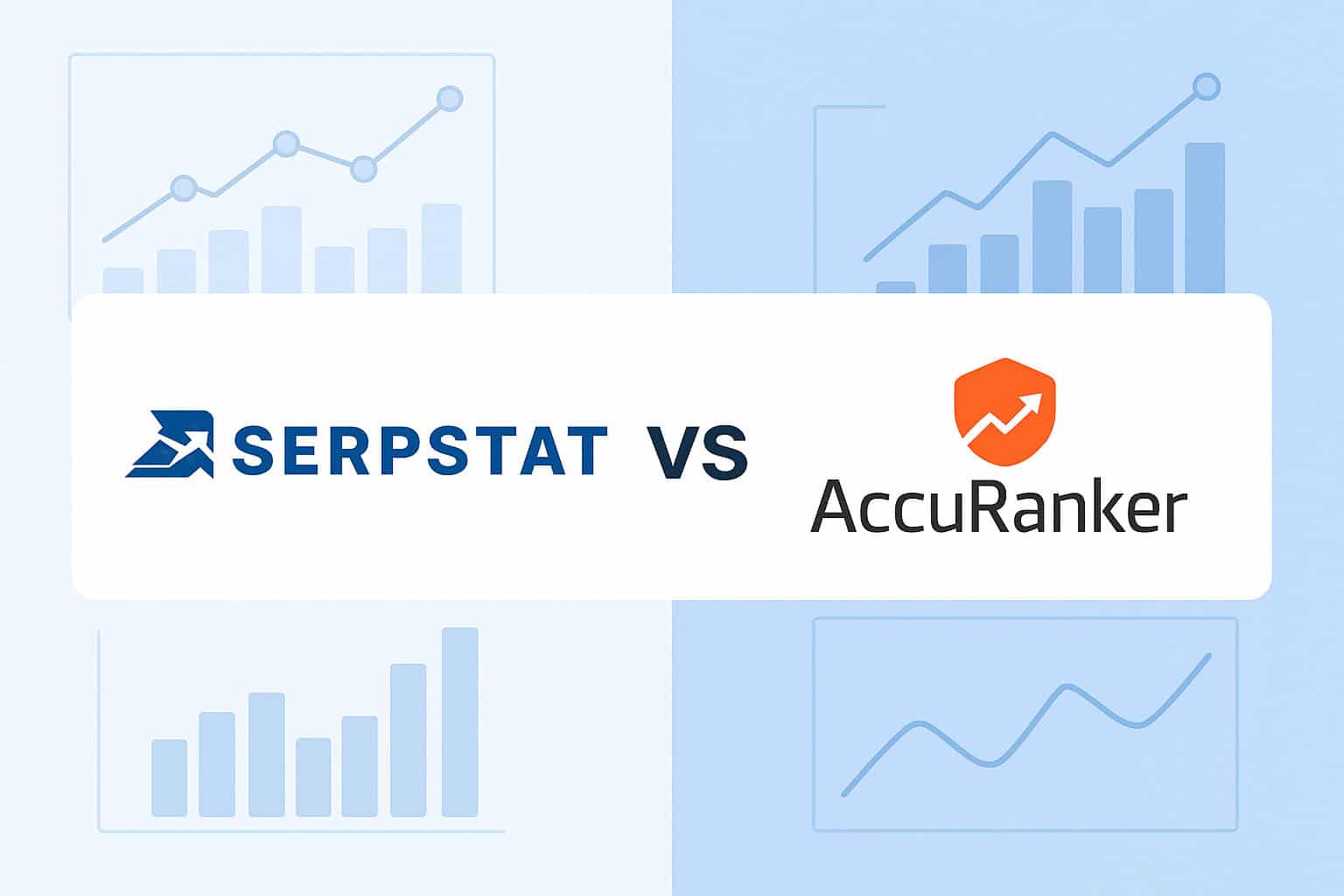




![Longtail Pro Moz or Majestic [Full Breakdown]](https://backlinkmanagement.io/wp-content/uploads/2025/11/ChatGPT-Image-Nov-14-2025-08_30_38-AM.png)

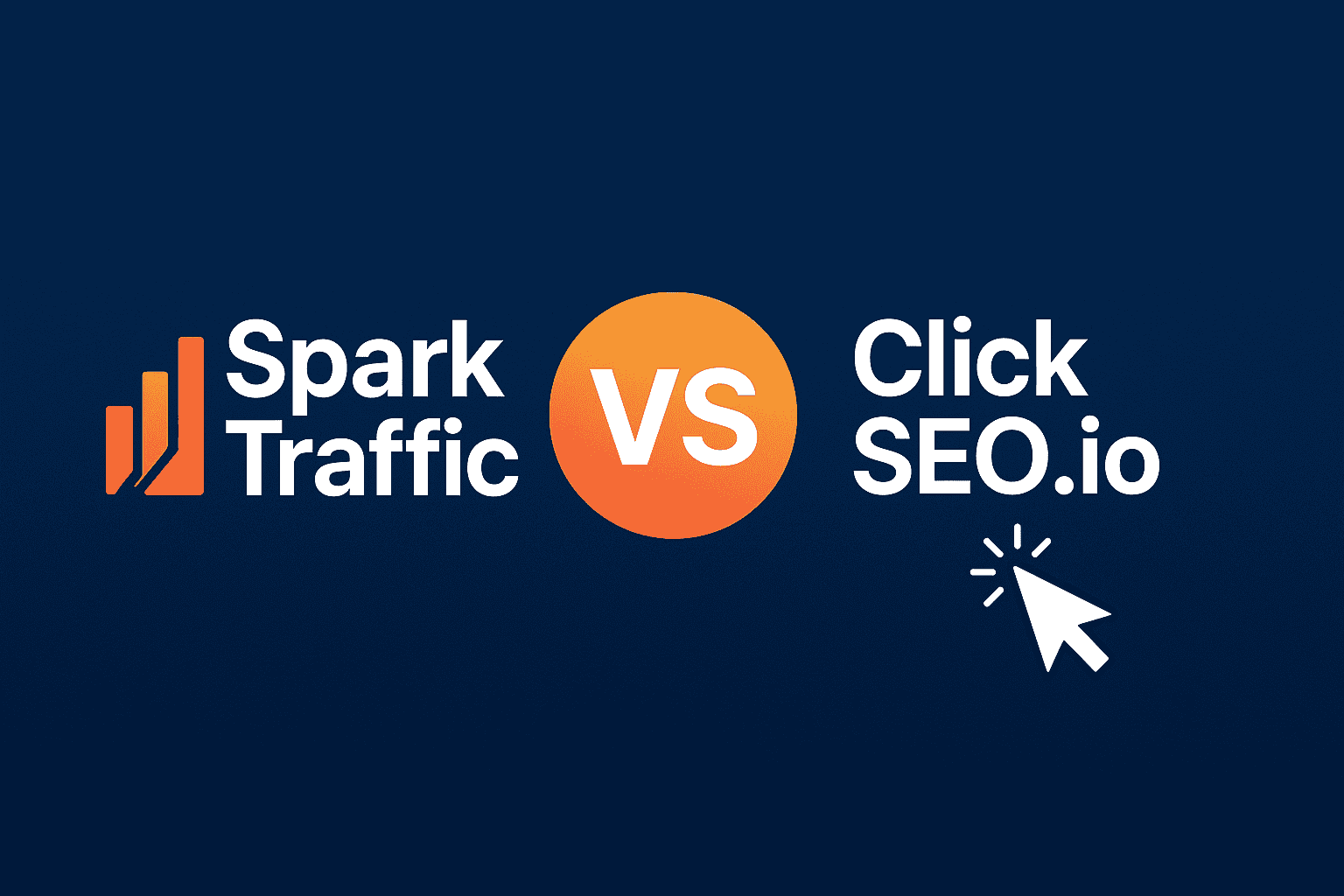

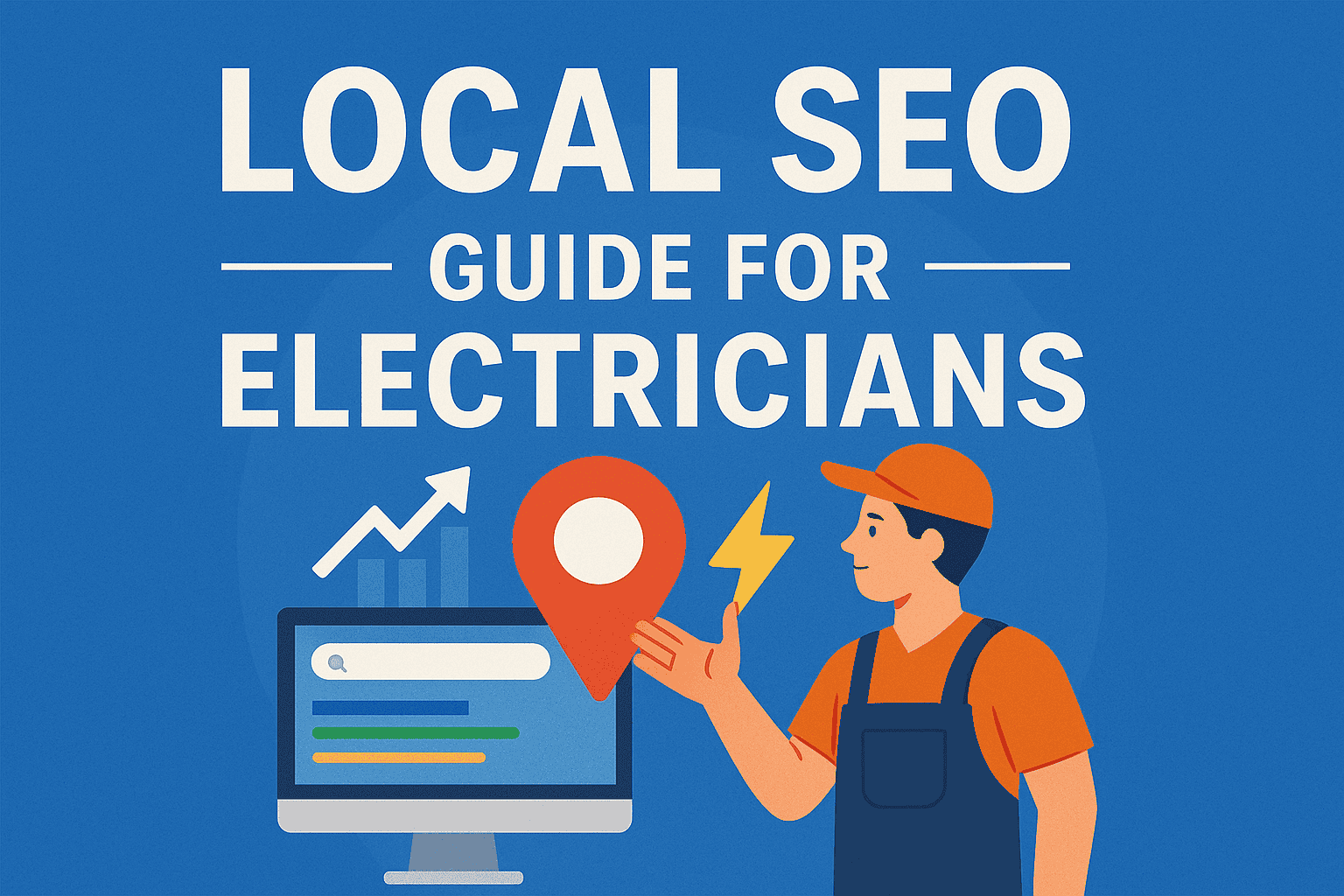
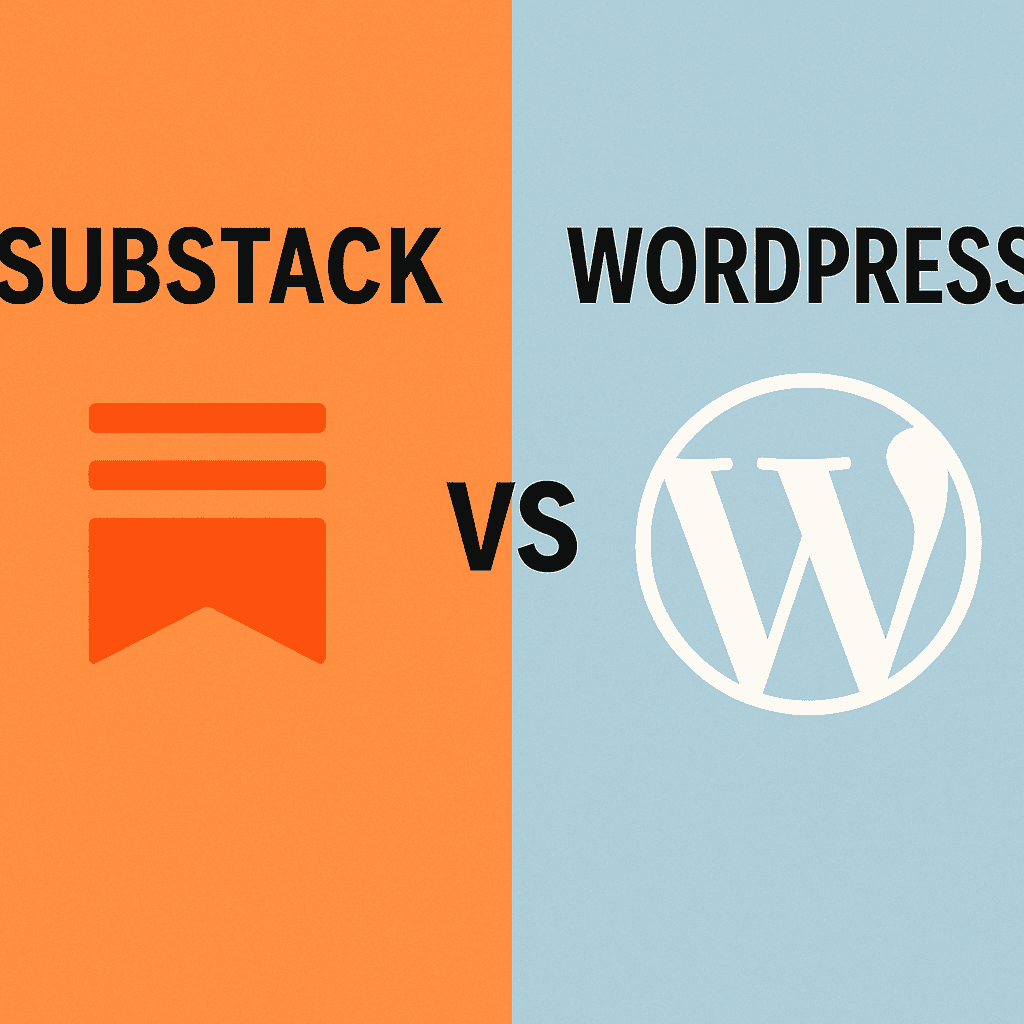






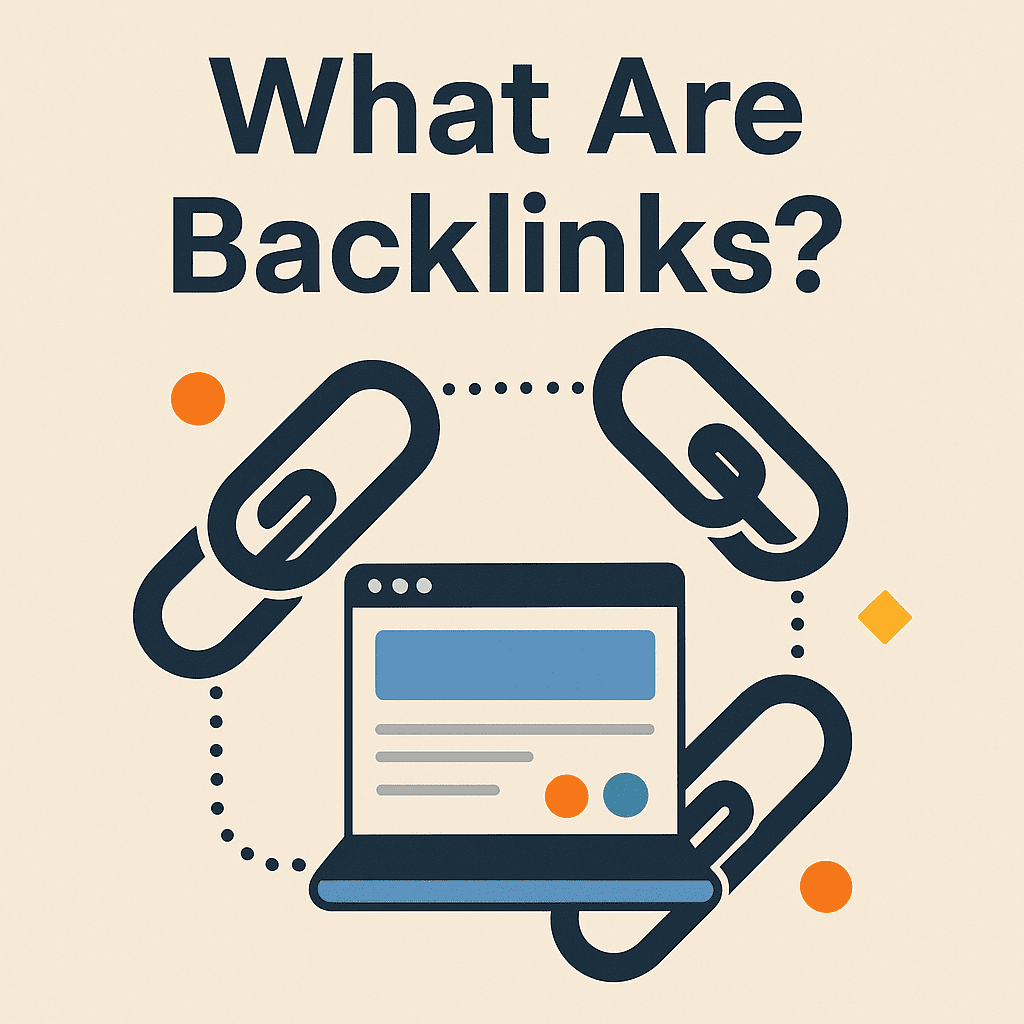













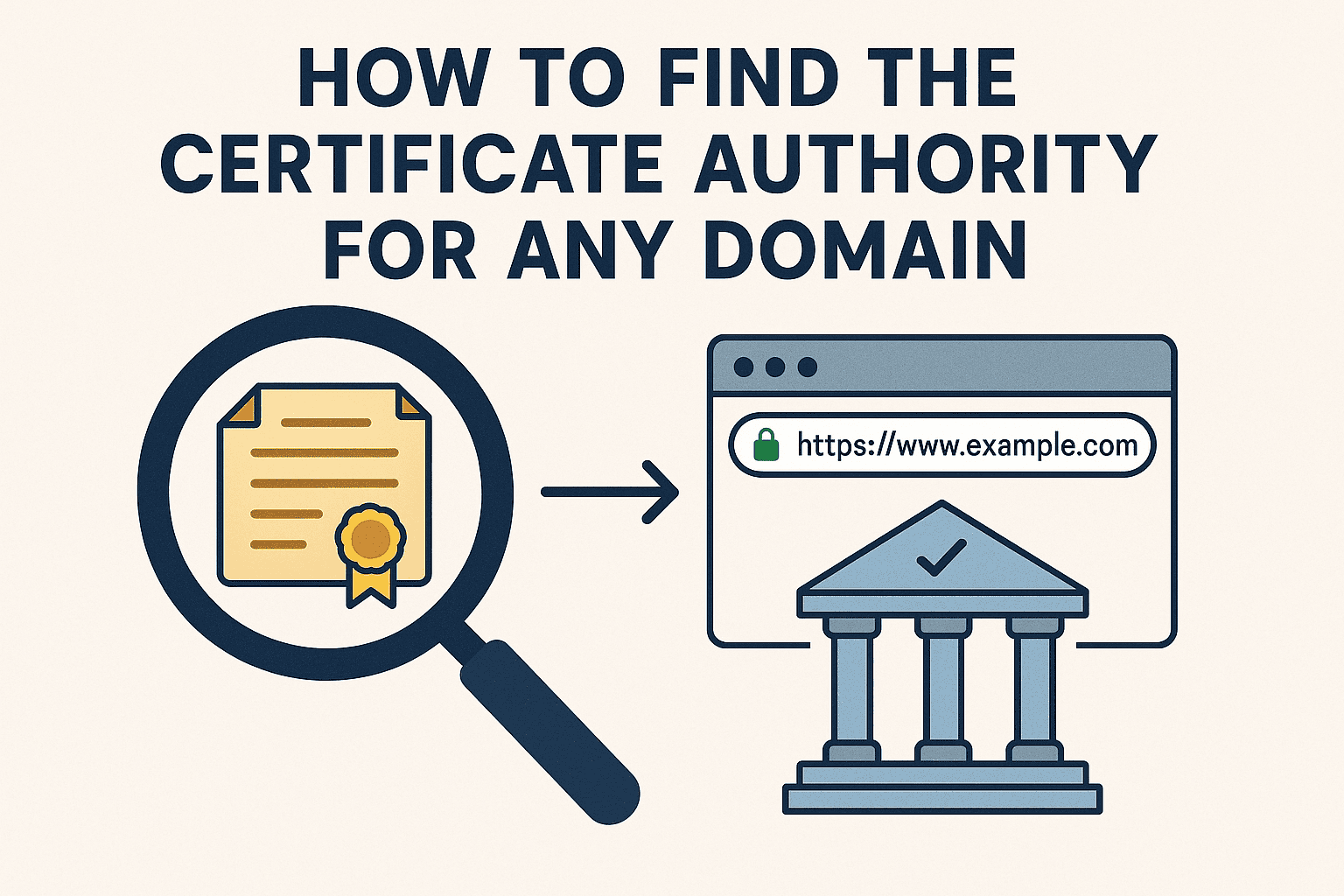



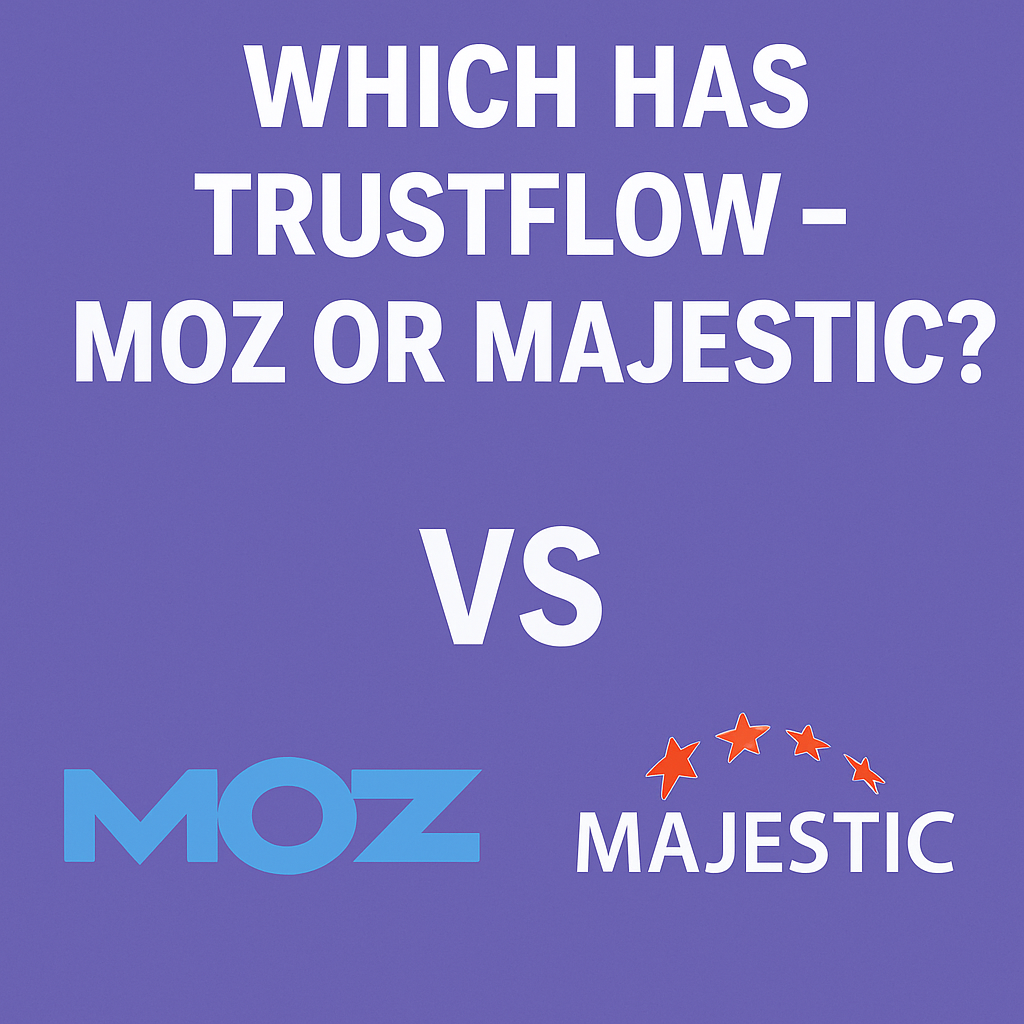


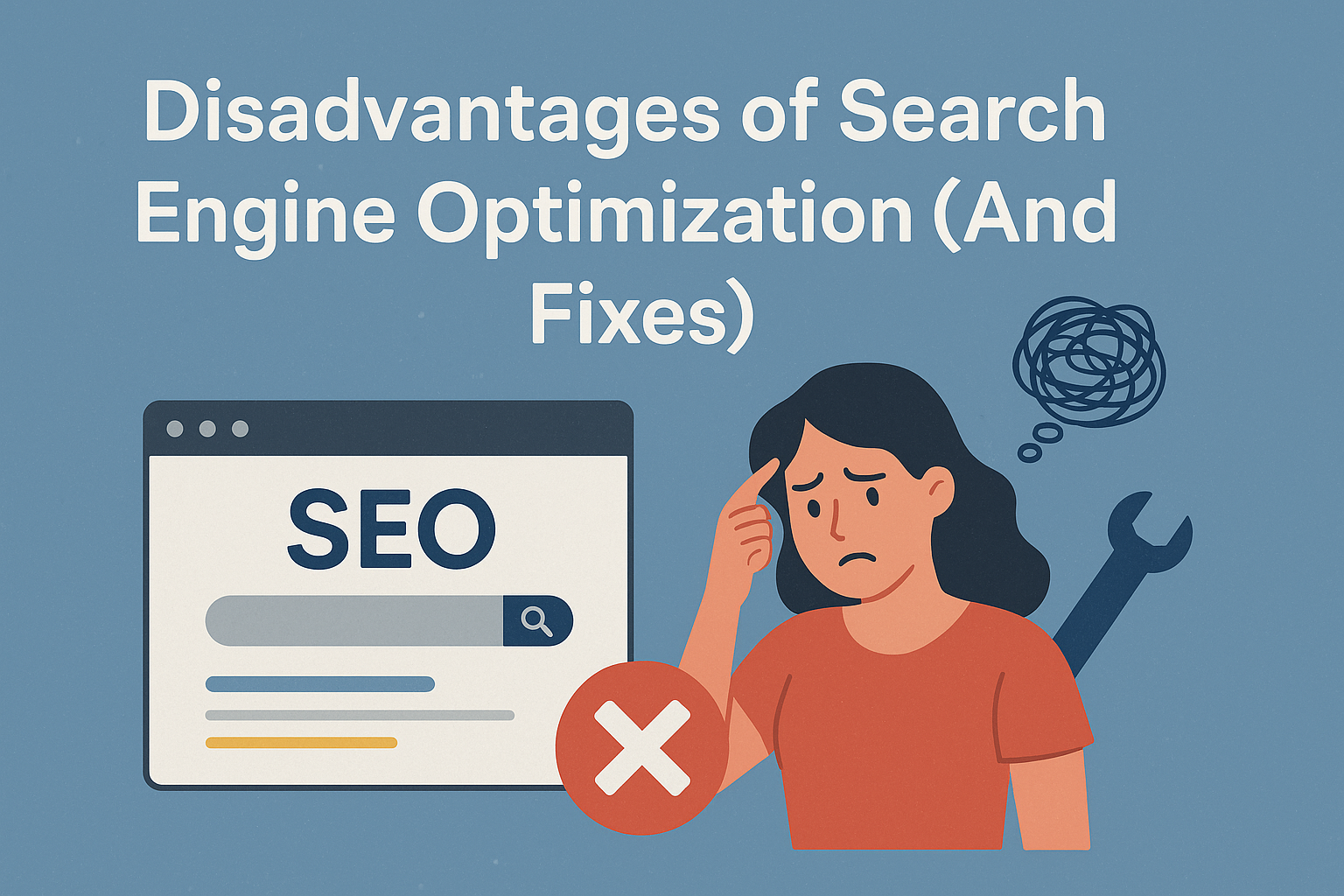

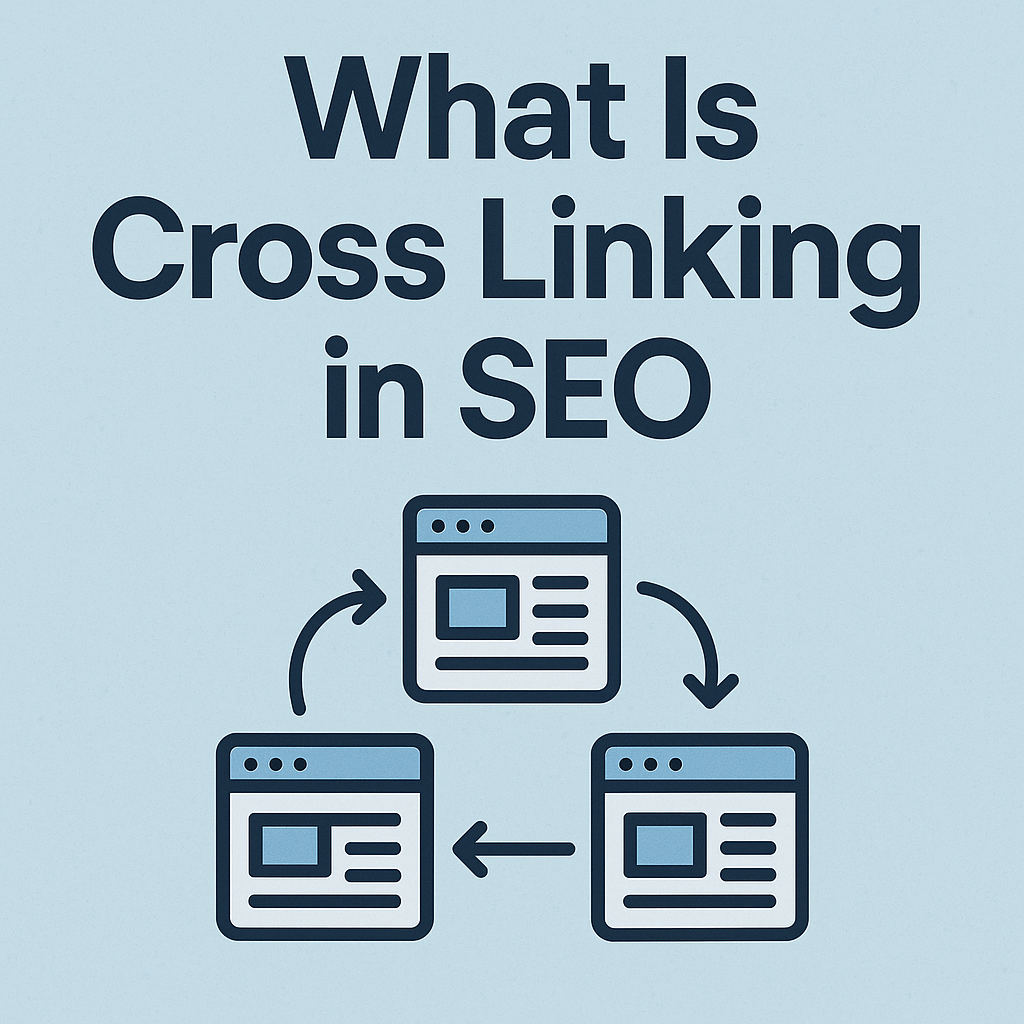


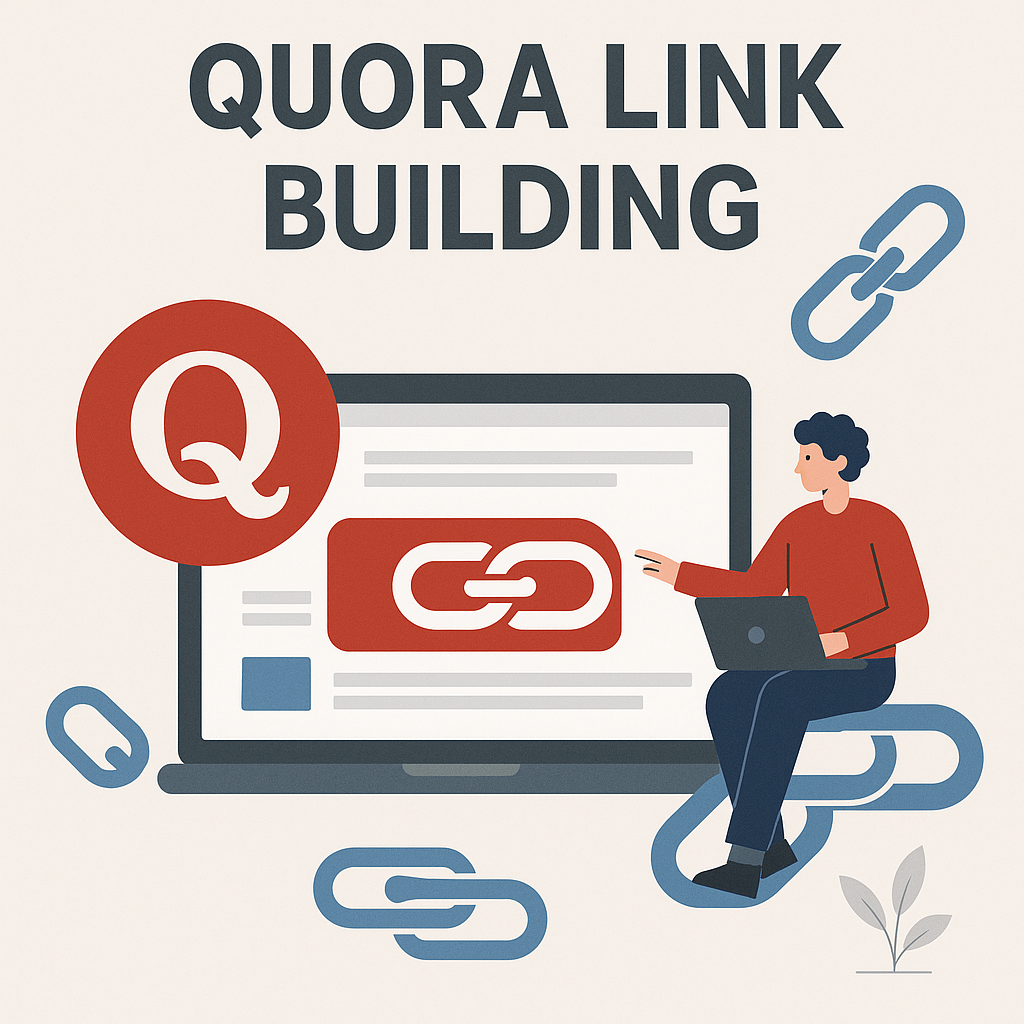
![How Many Outbound Links Per Blog [2025 Updated]](https://backlinkmanagement.io/wp-content/uploads/2025/06/How-Many-Outbound-Links-Per-Blog.png)
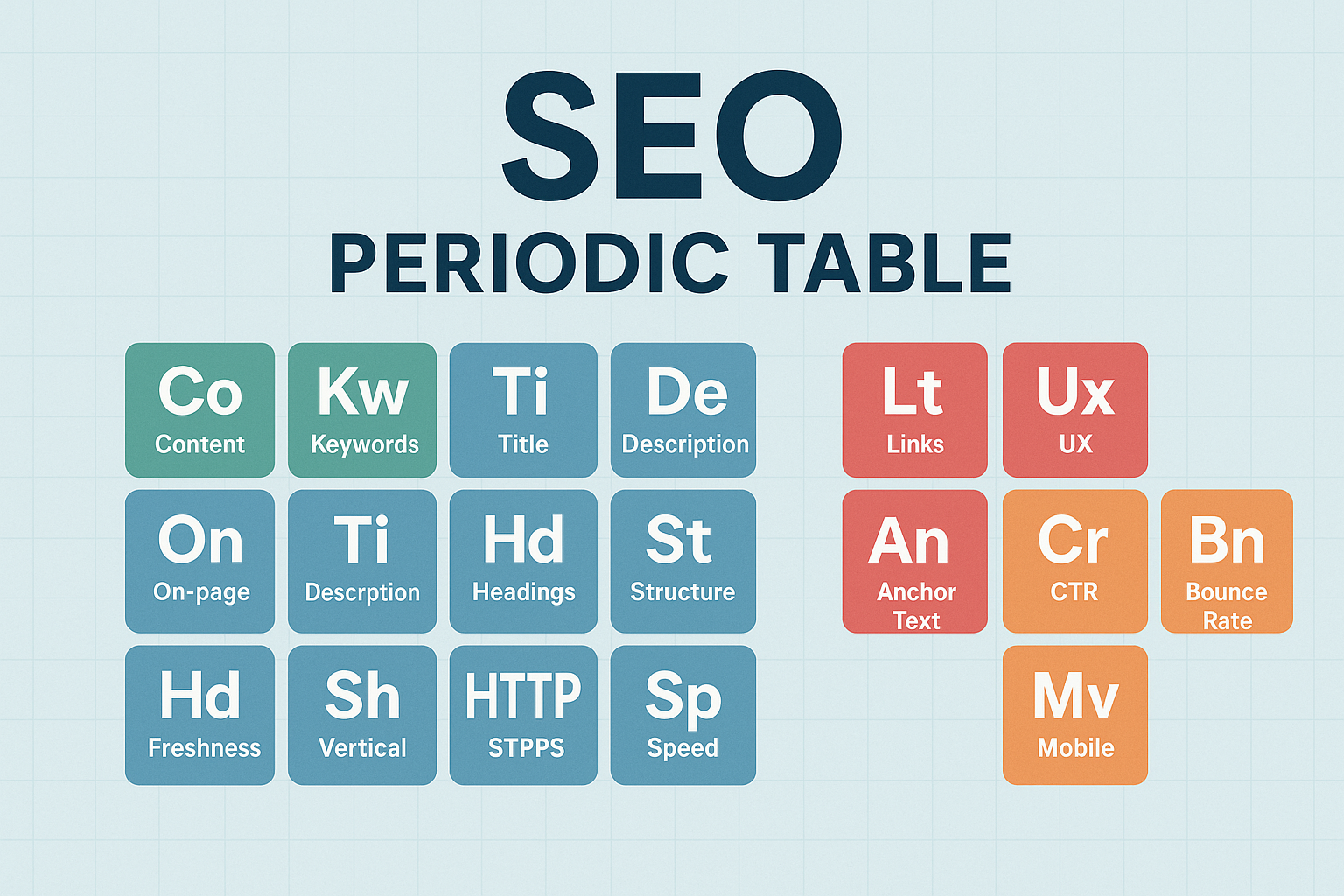



![B2B and B2C Website Examples [2025 Updated]](https://backlinkmanagement.io/wp-content/uploads/2025/05/B2B-and-B2C-Website-Example-.png)
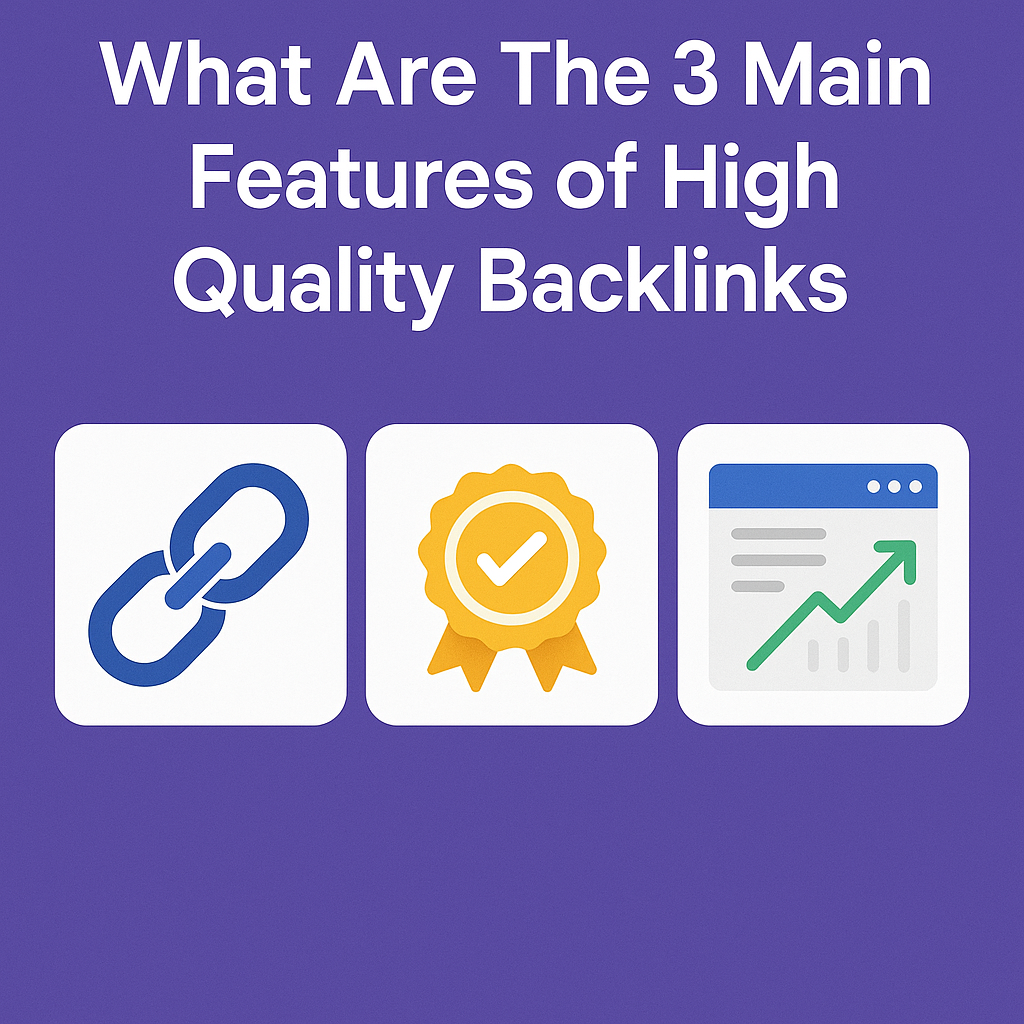

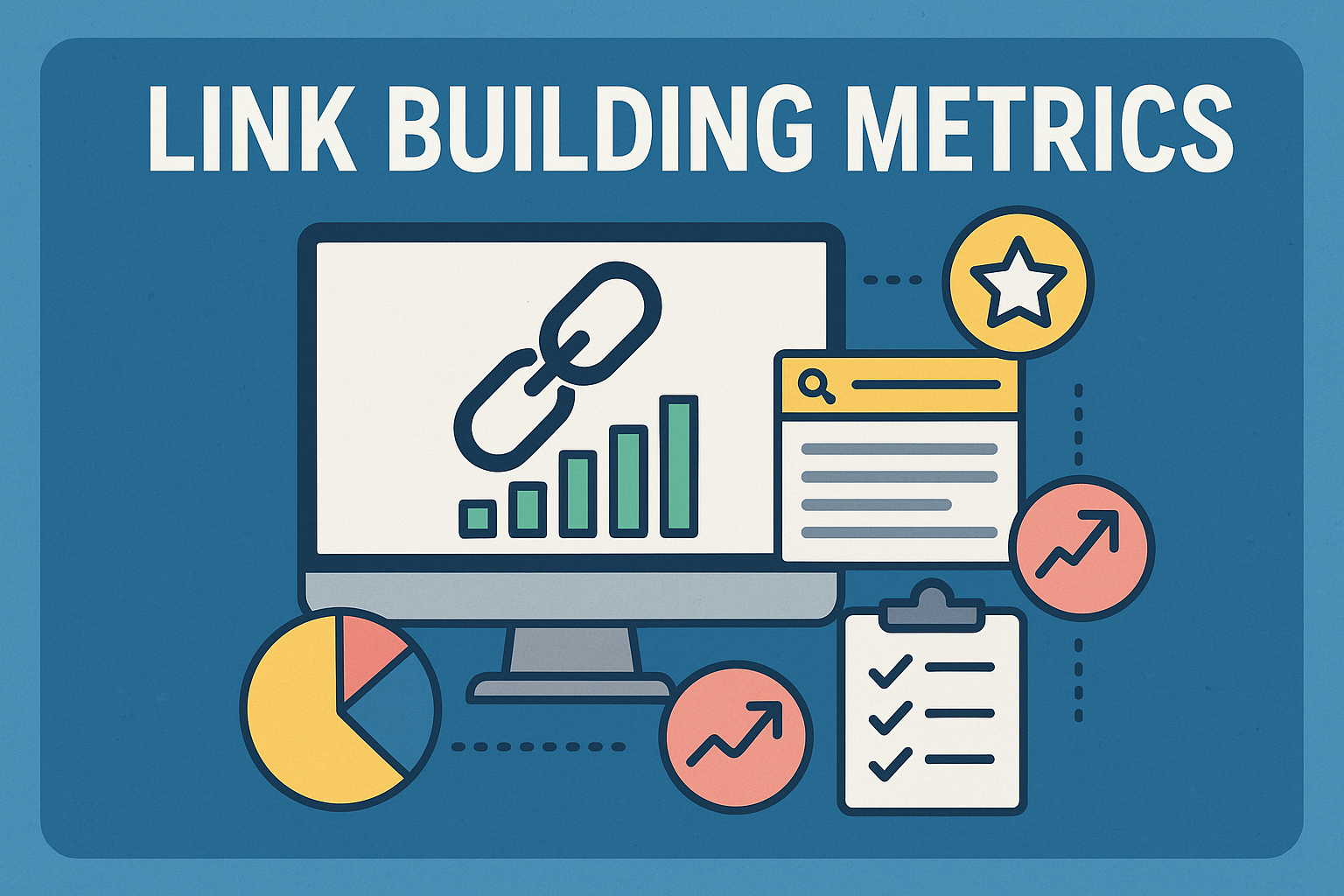
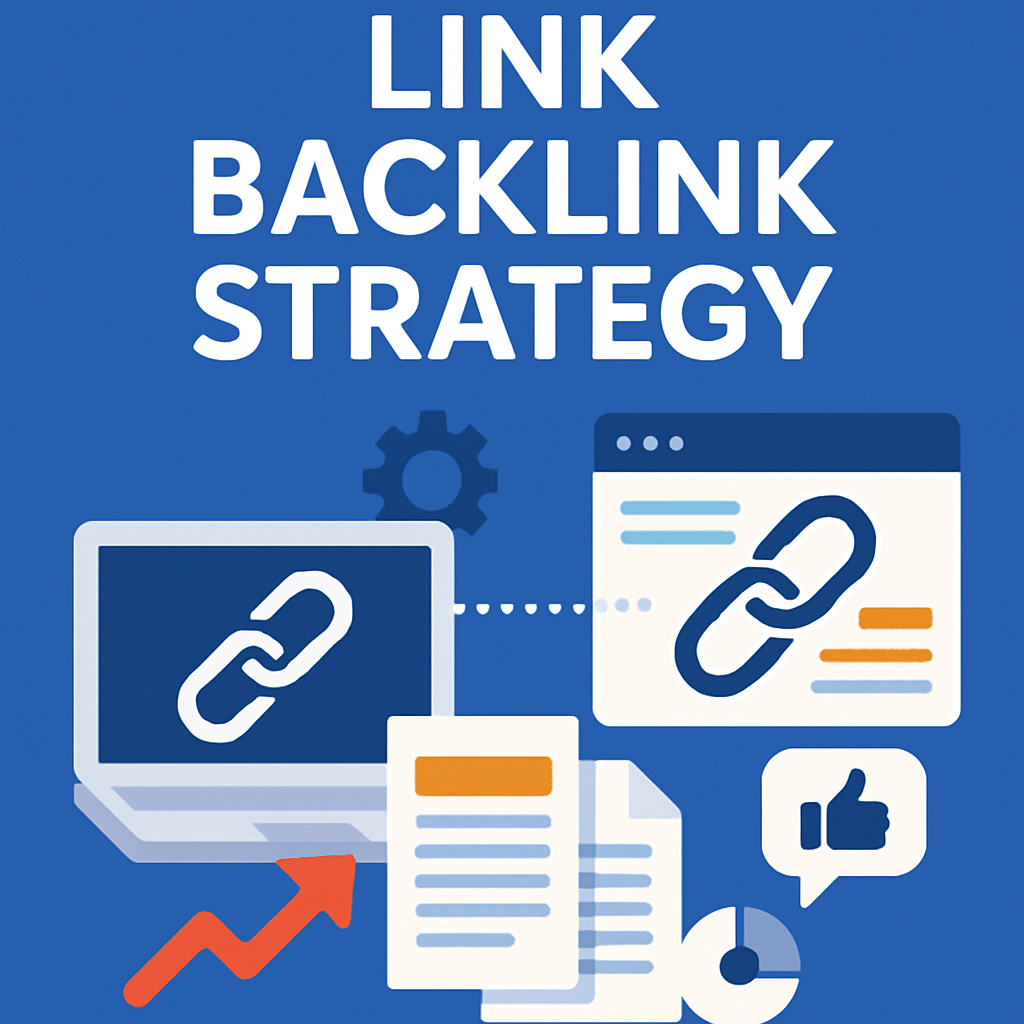
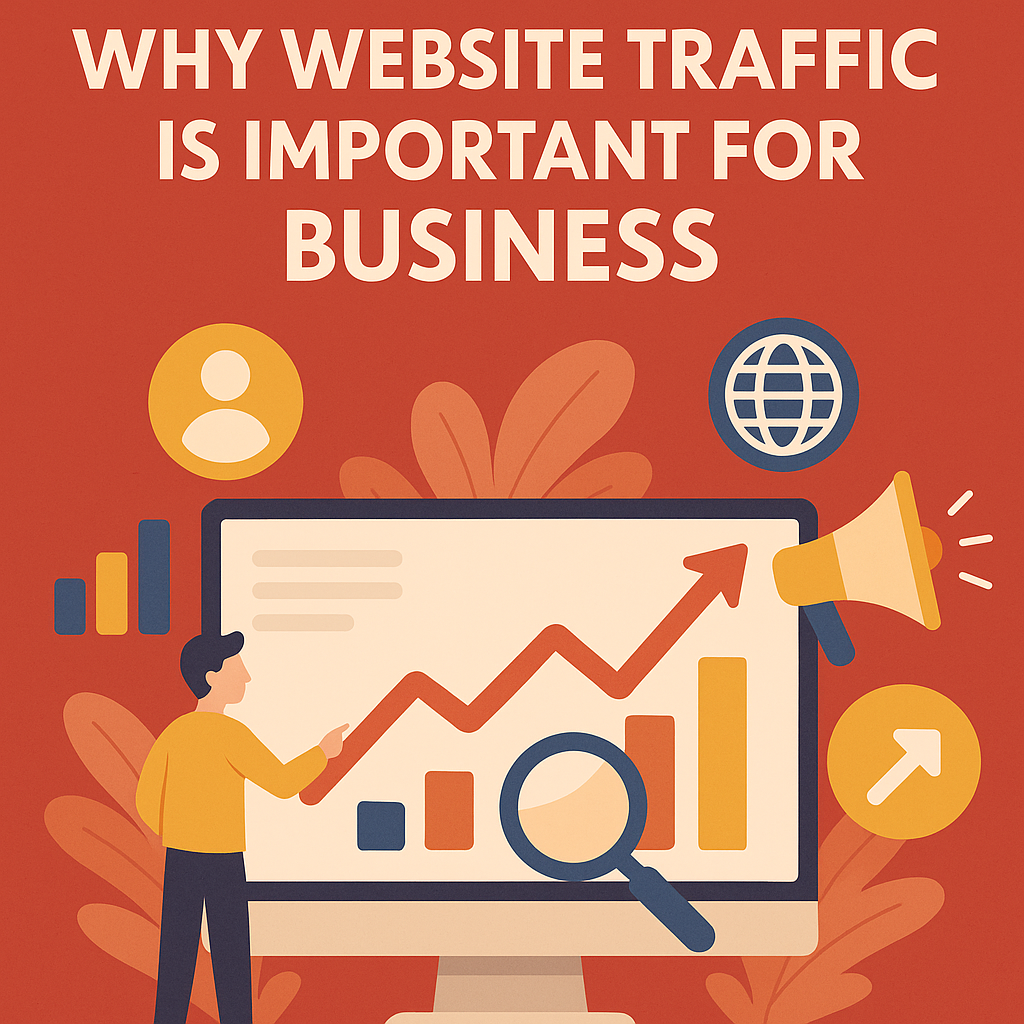

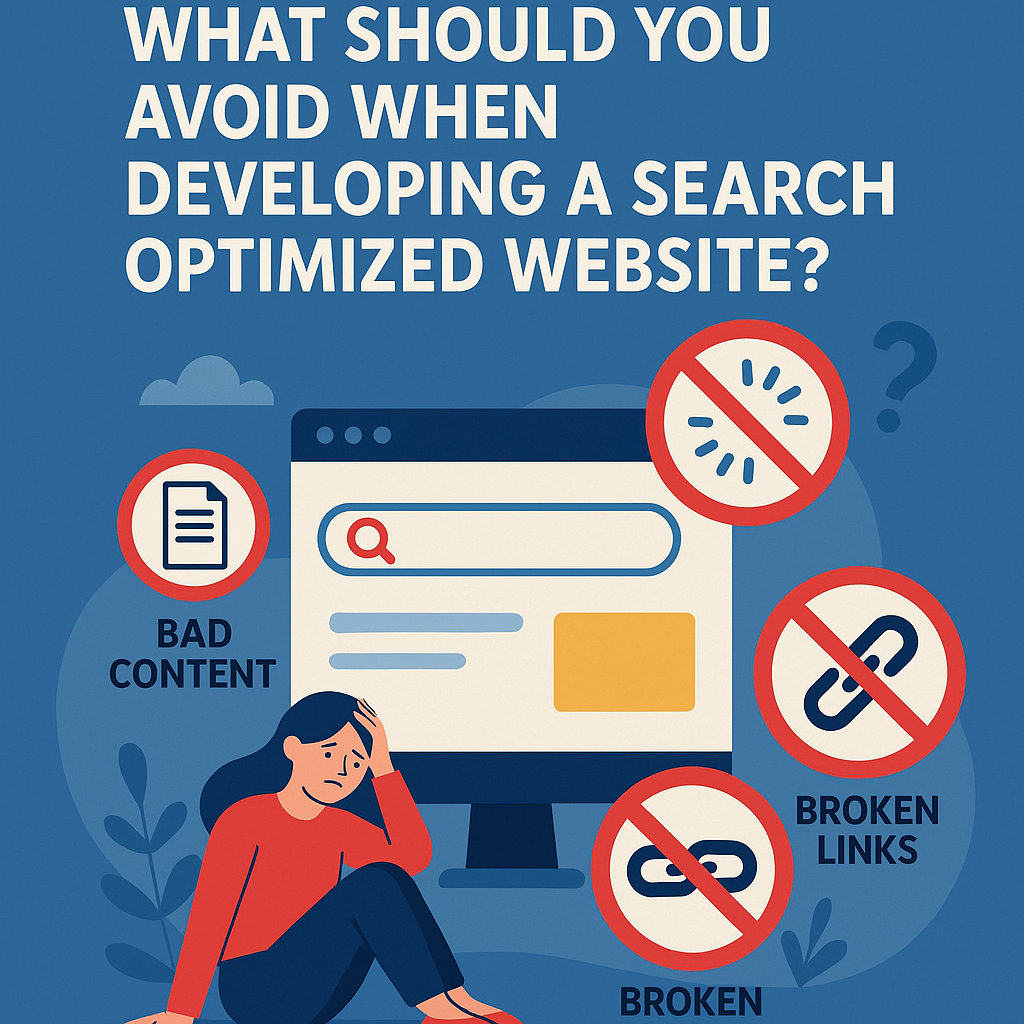
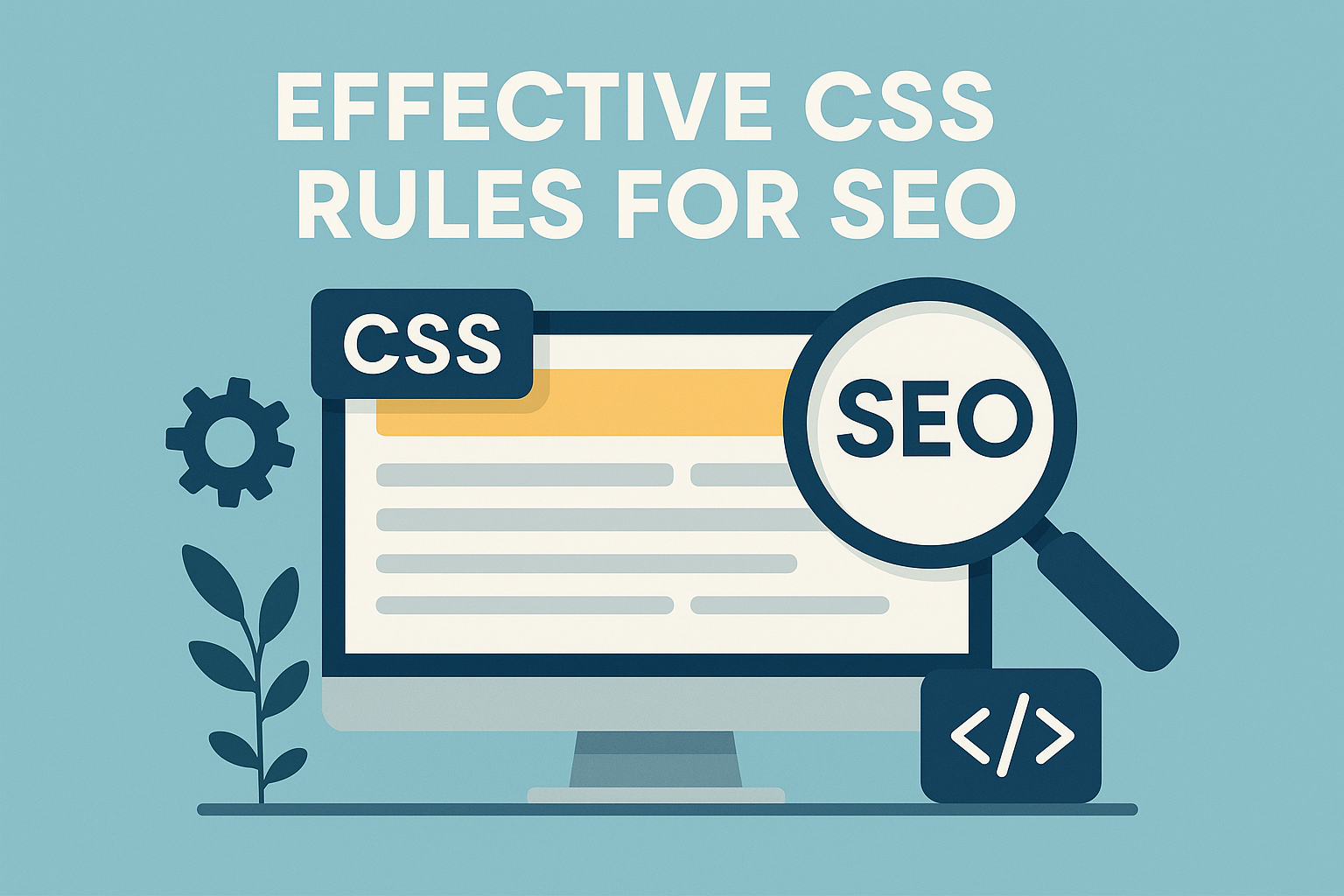

![What To Do After Keyword Research [2025 Guide]](https://backlinkmanagement.io/wp-content/uploads/2025/05/What-To-Do-After-Keyword-Research.png)
![Is Page Speed Really A Ranking Factor? [2025]](https://backlinkmanagement.io/wp-content/uploads/2025/05/Is-Page-Speed-Really-A-Ranking-Factor.png)






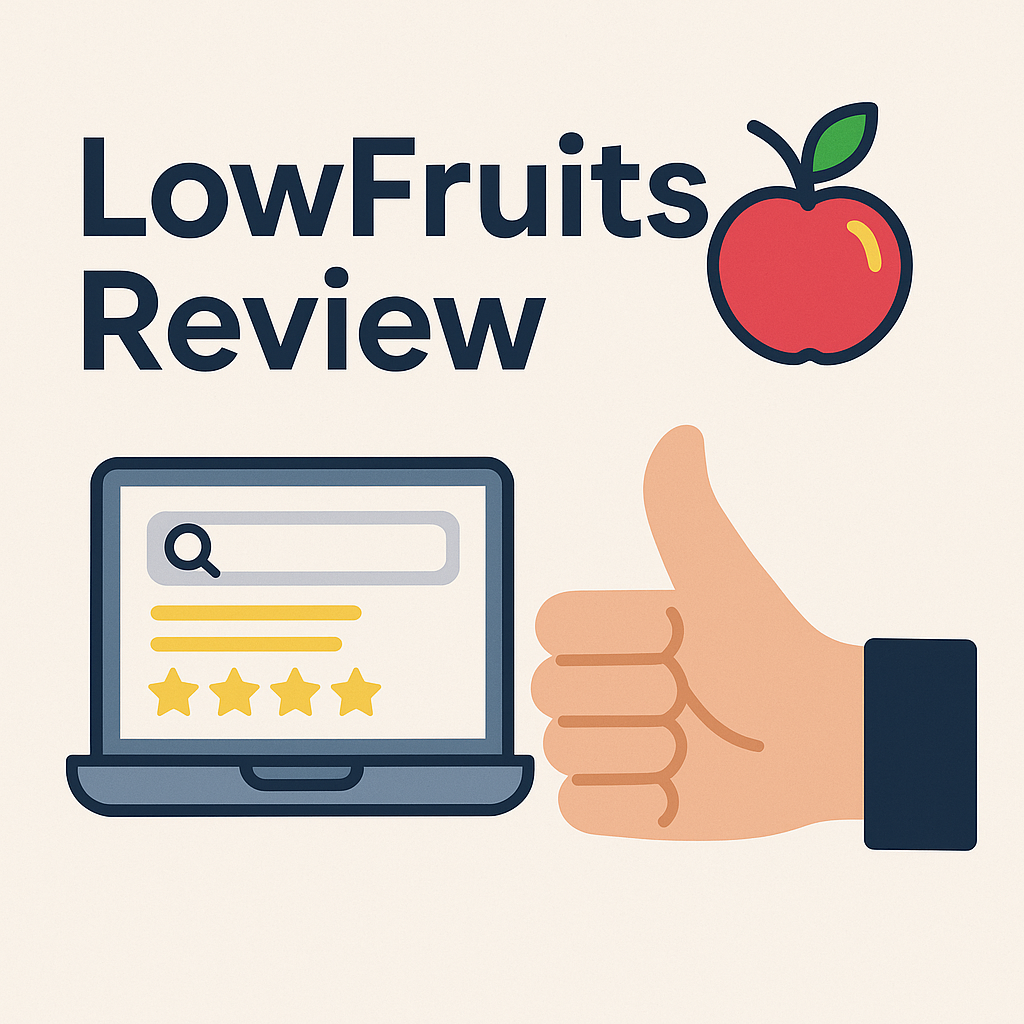

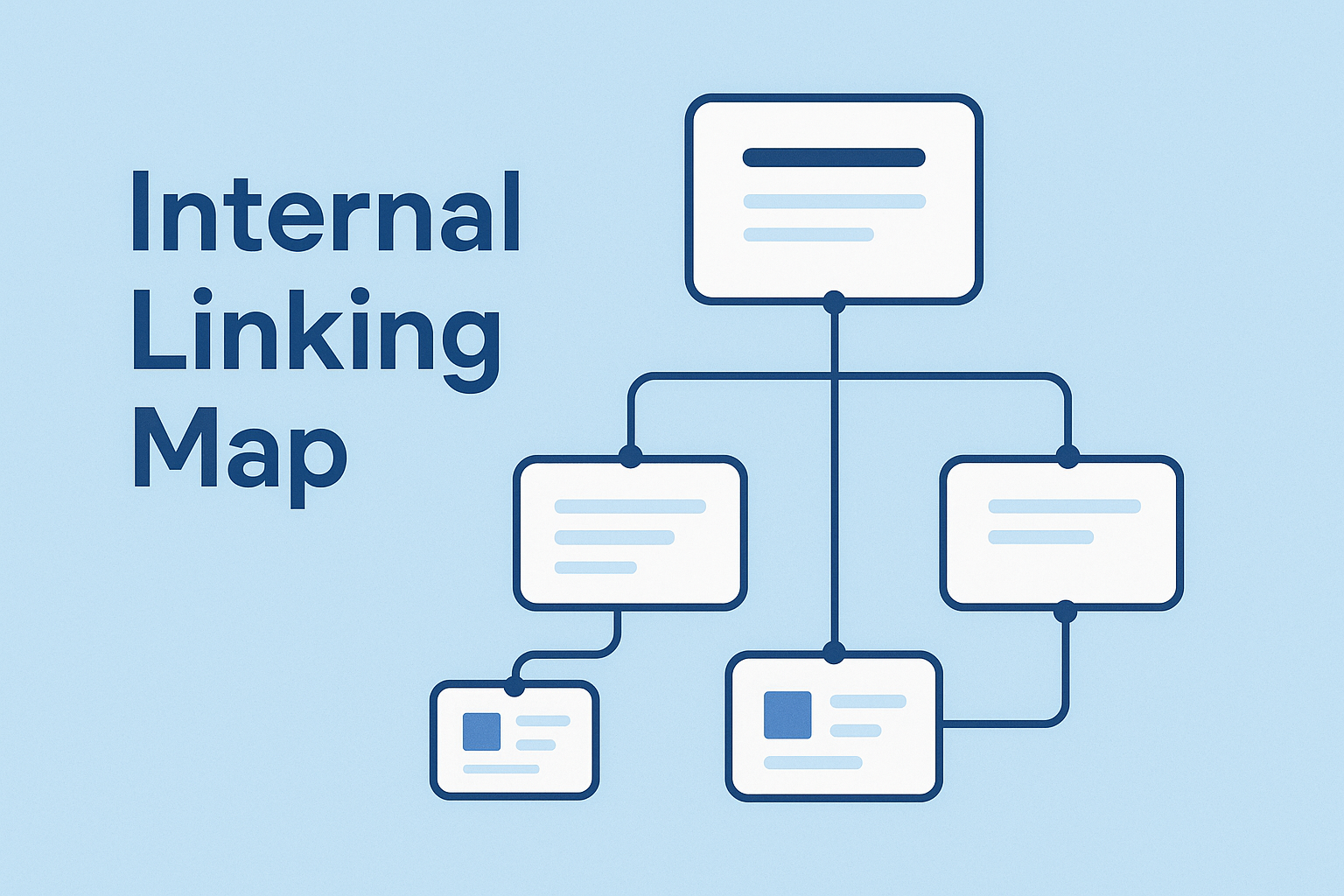

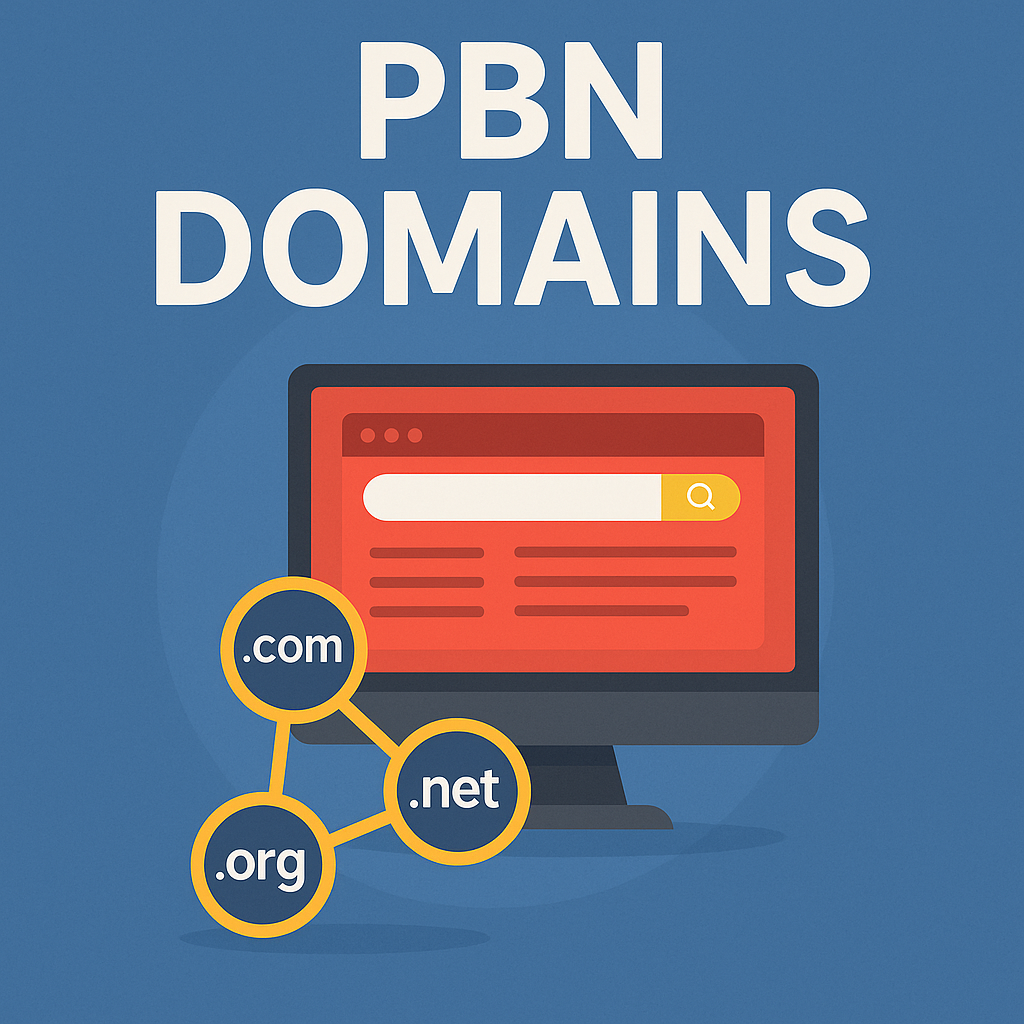
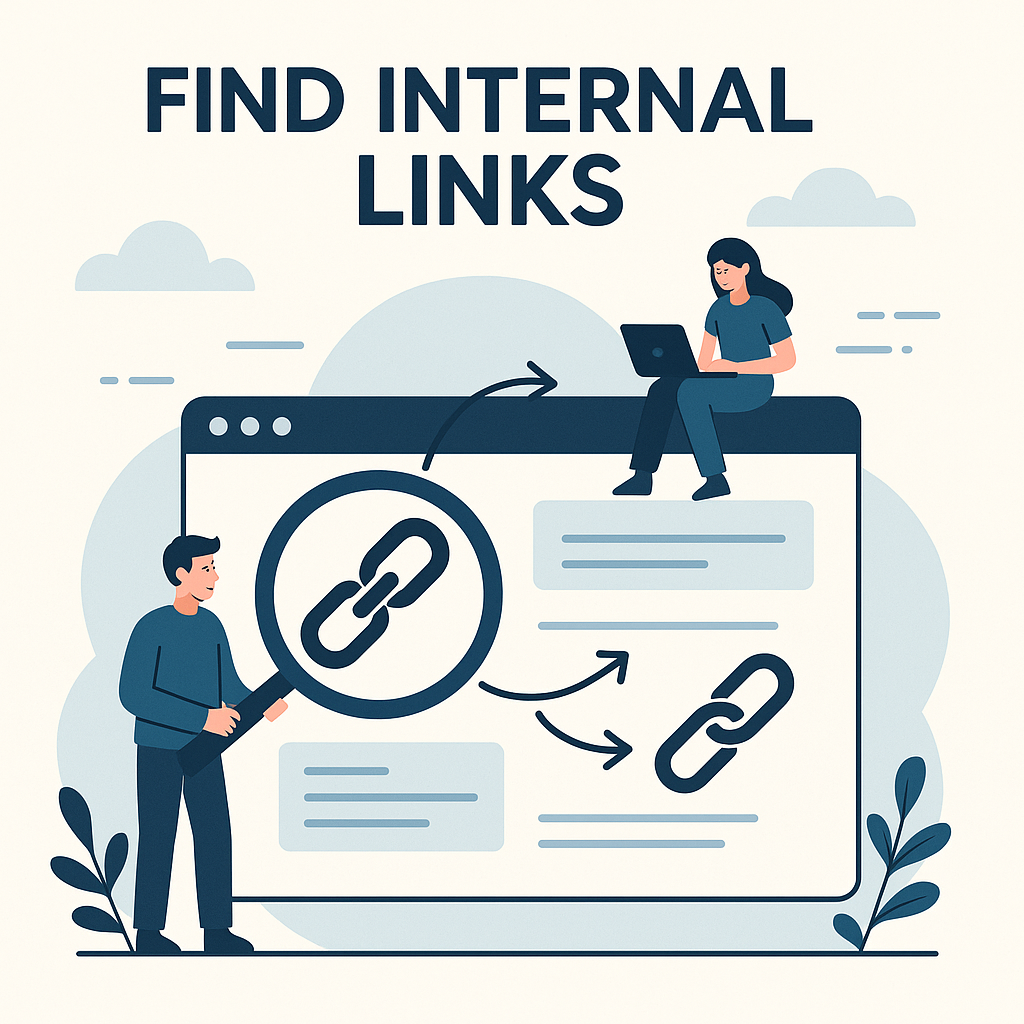
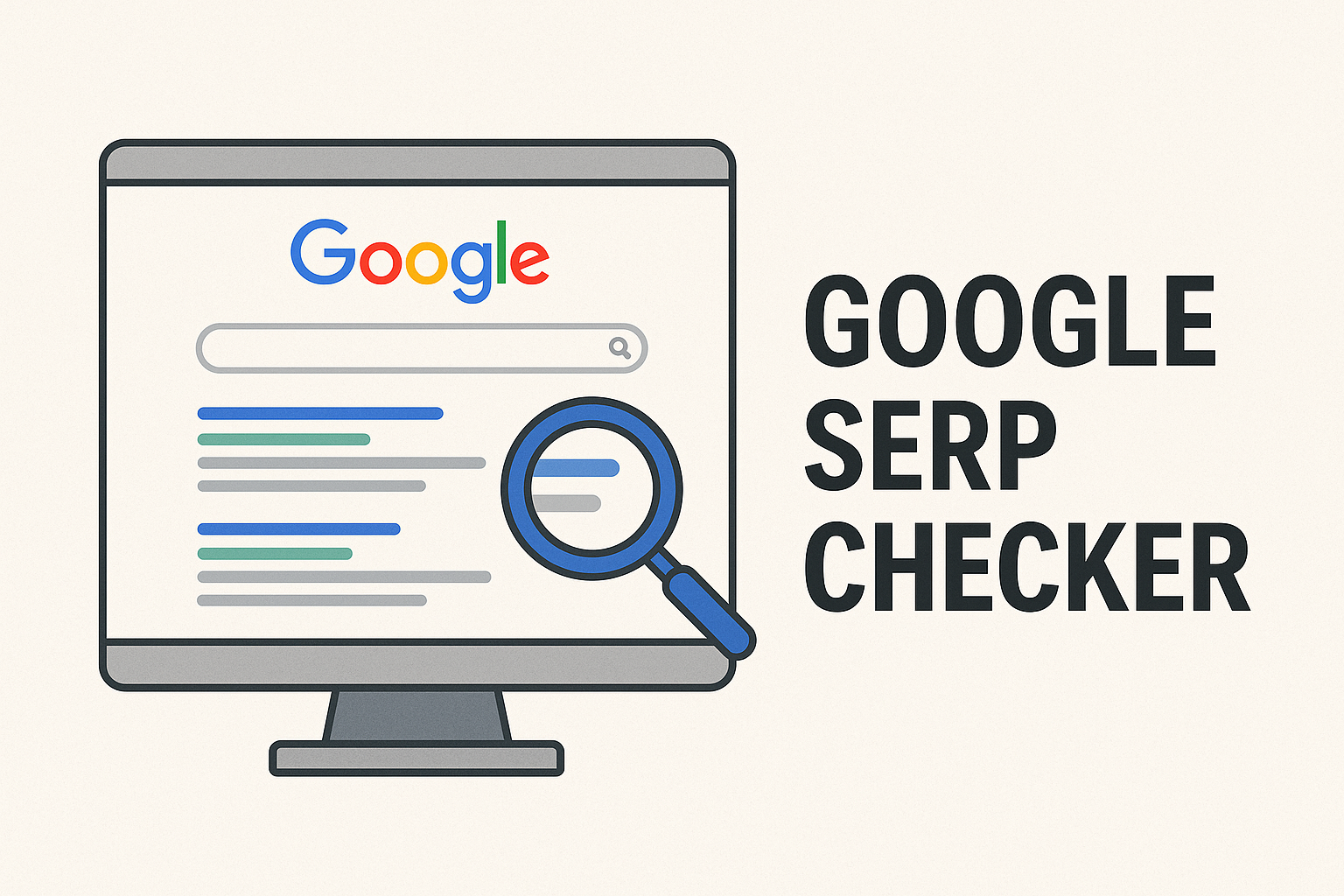



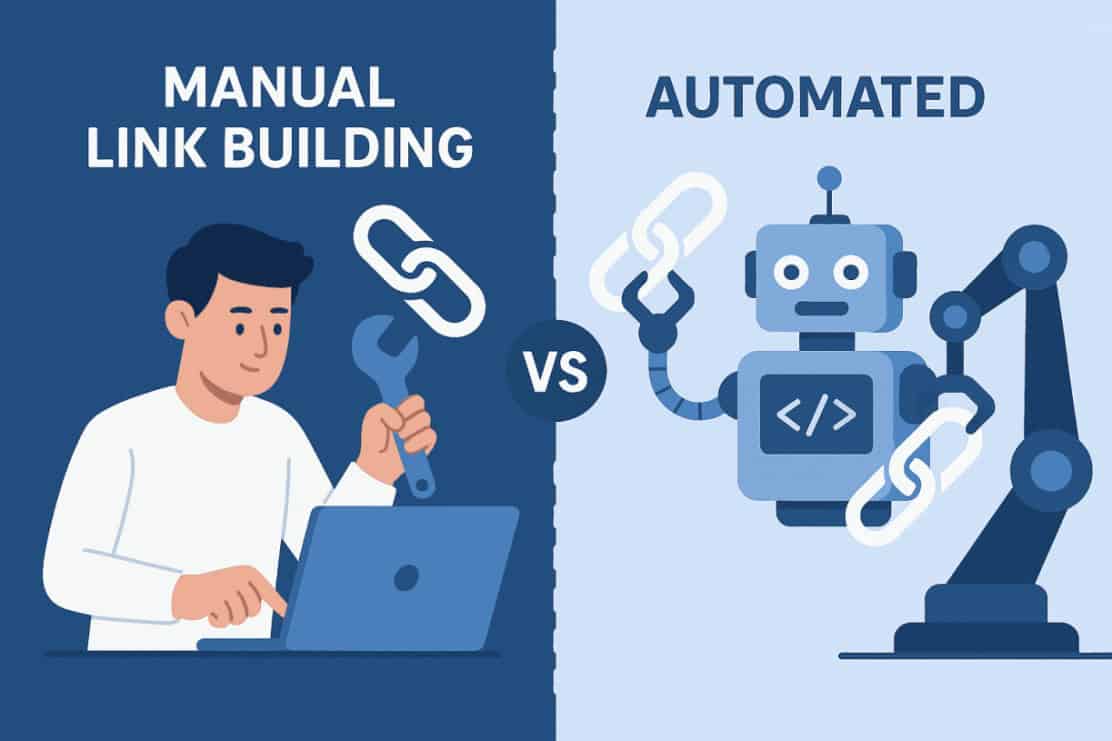

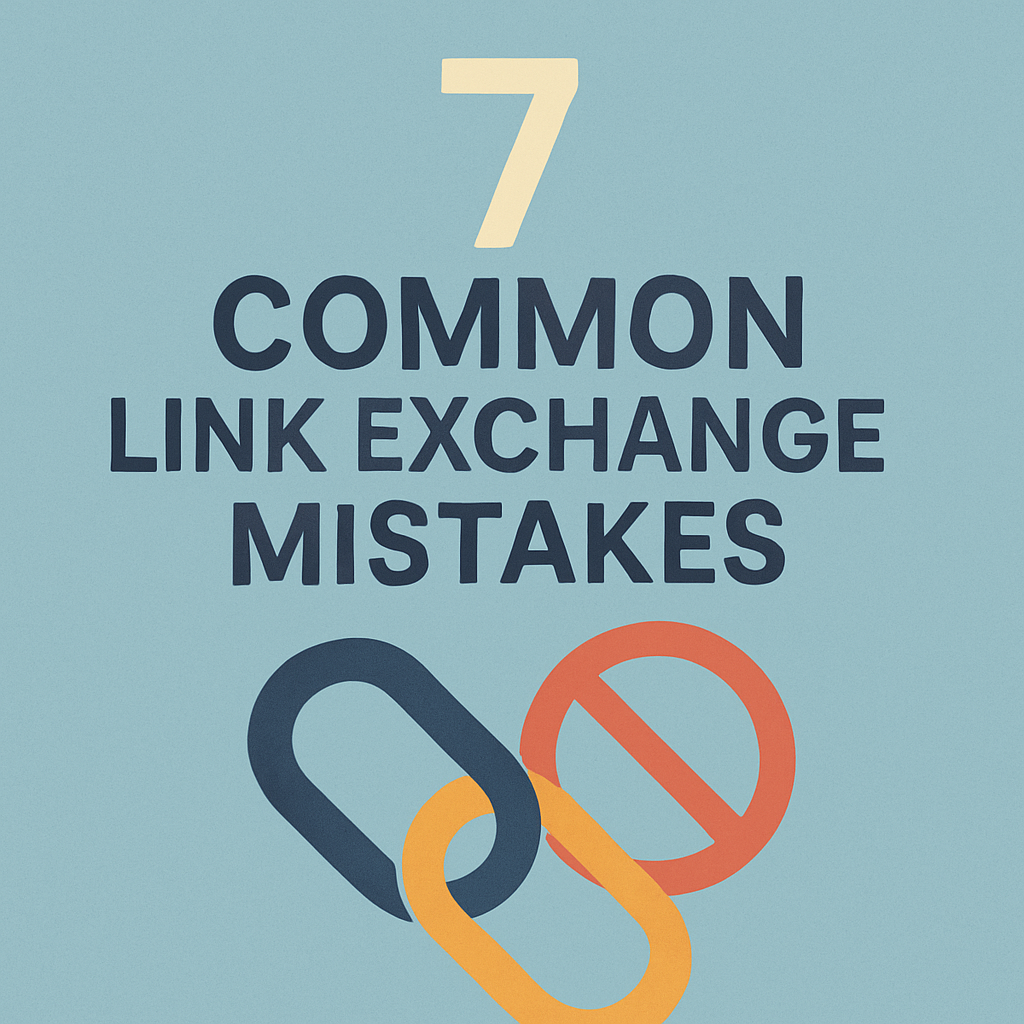
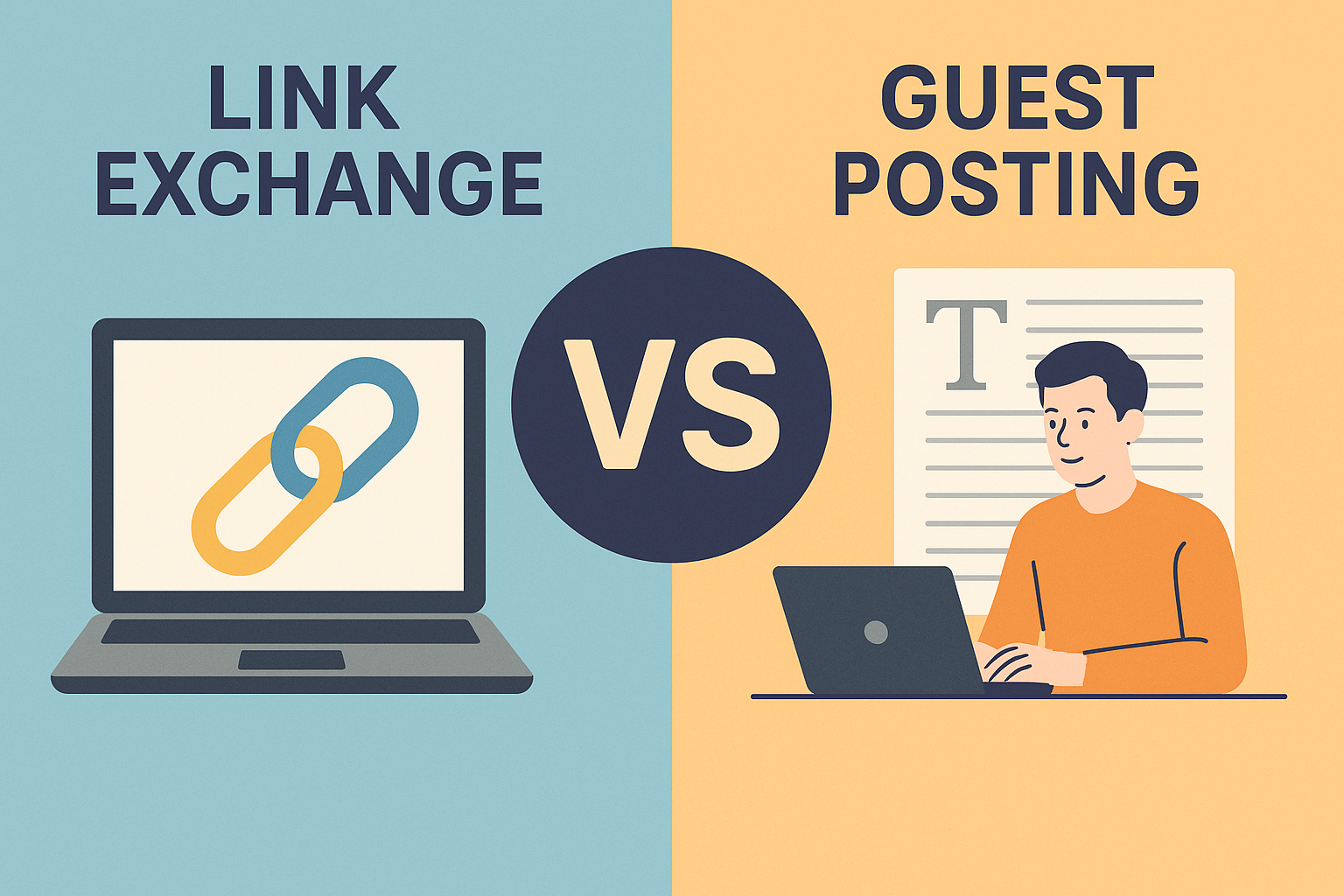
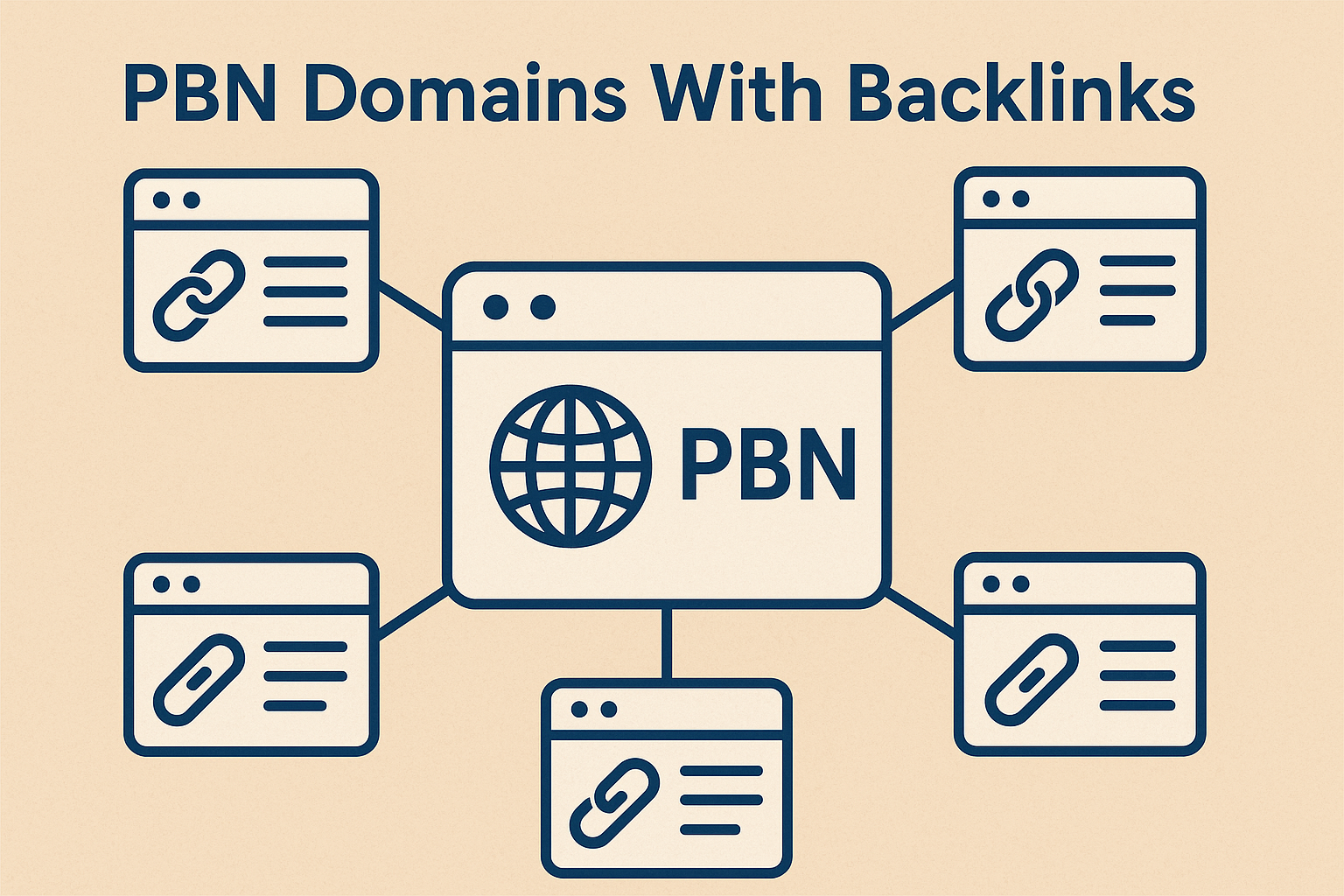
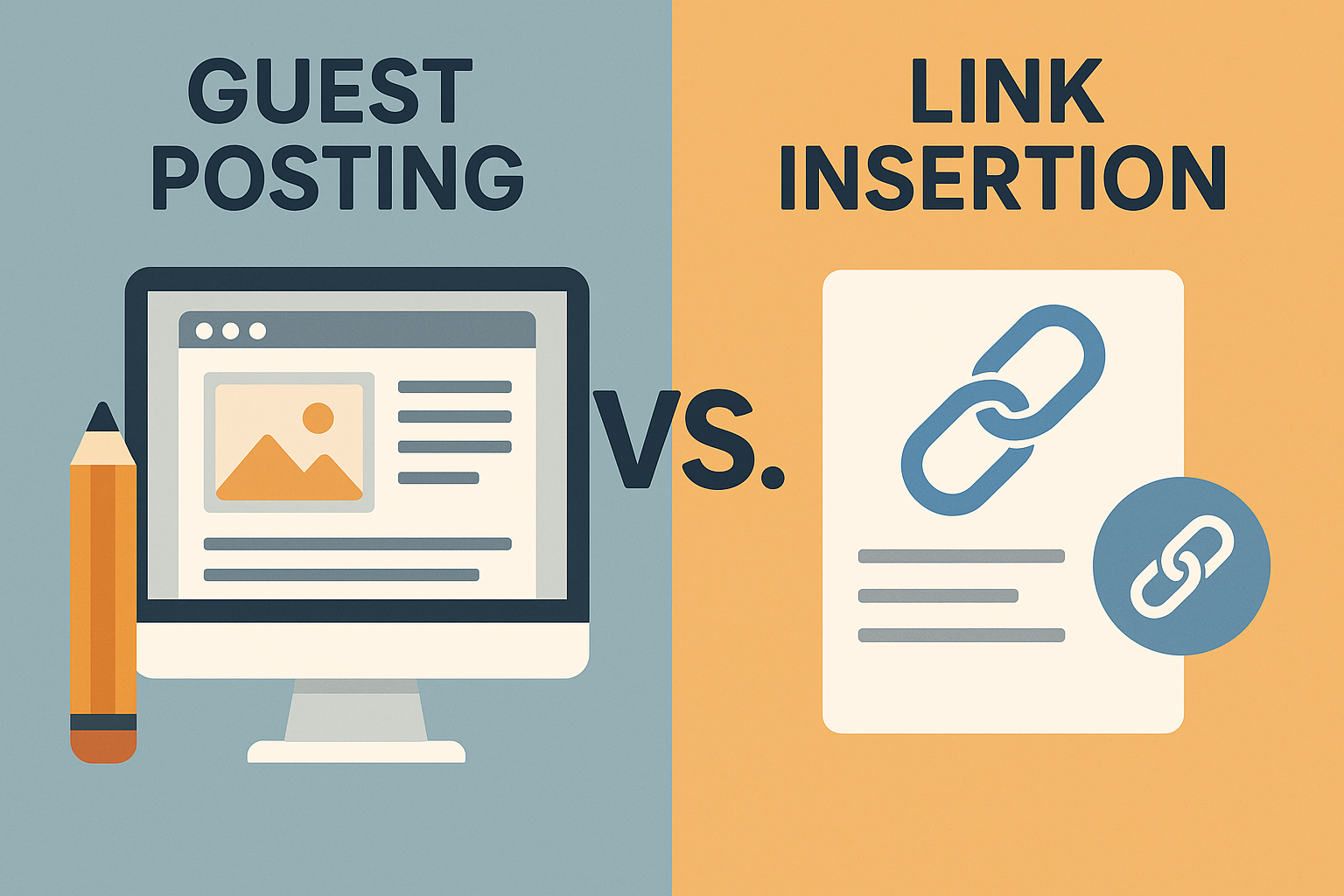

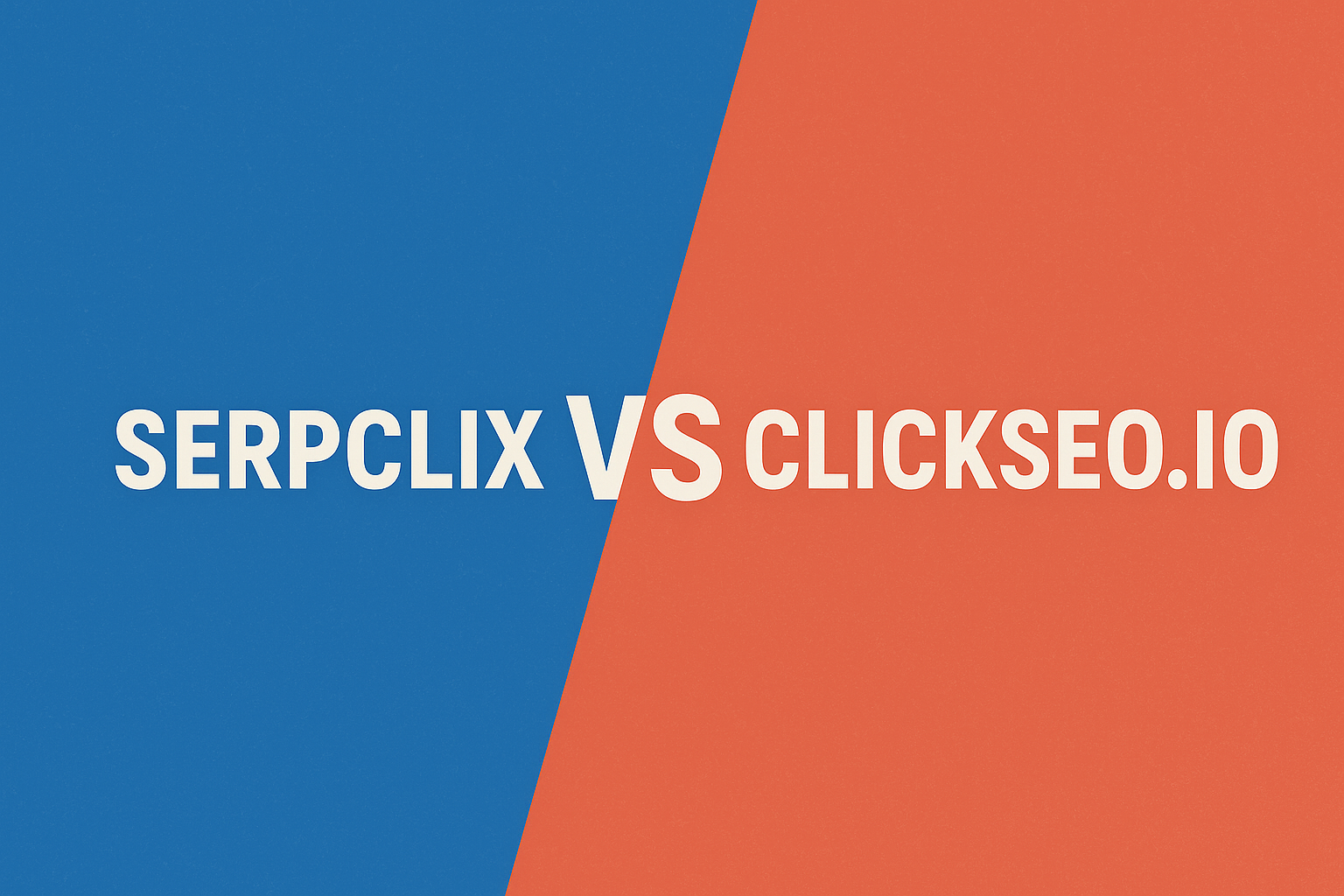
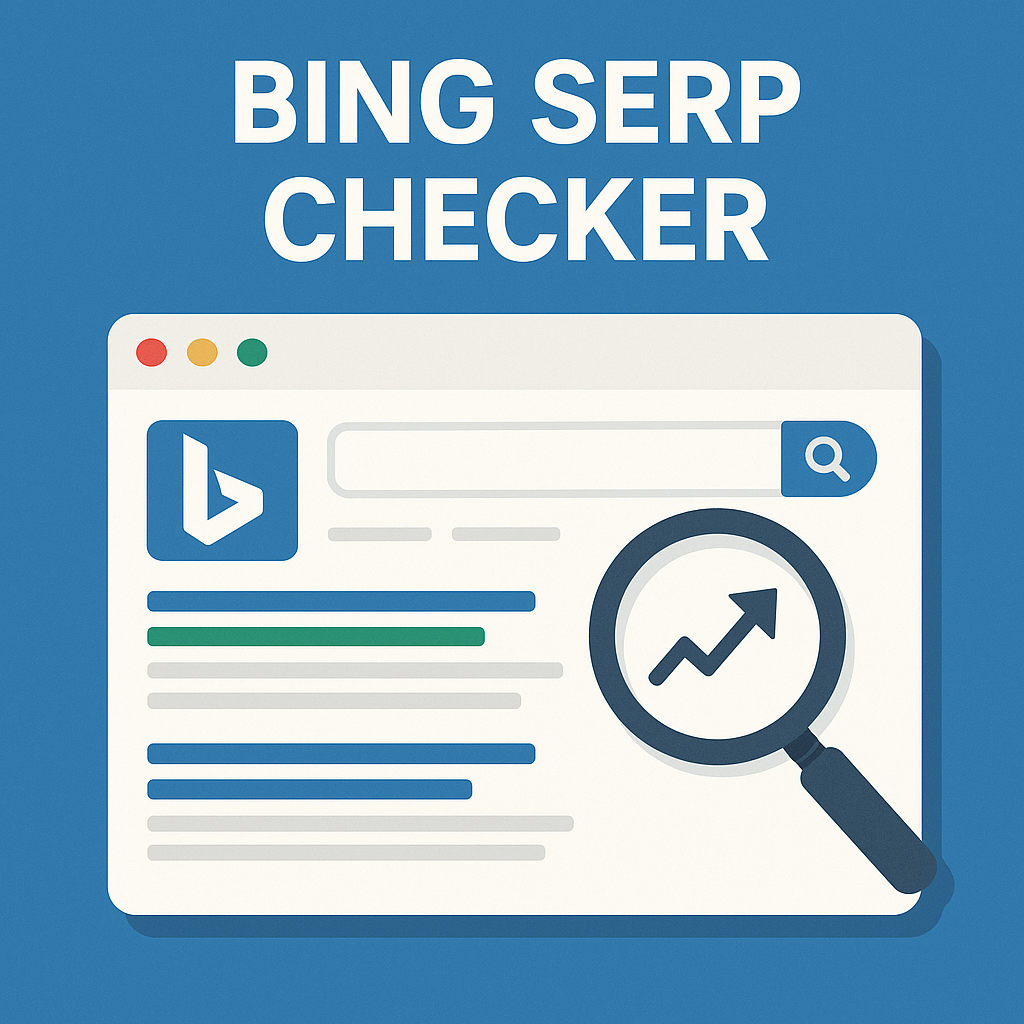
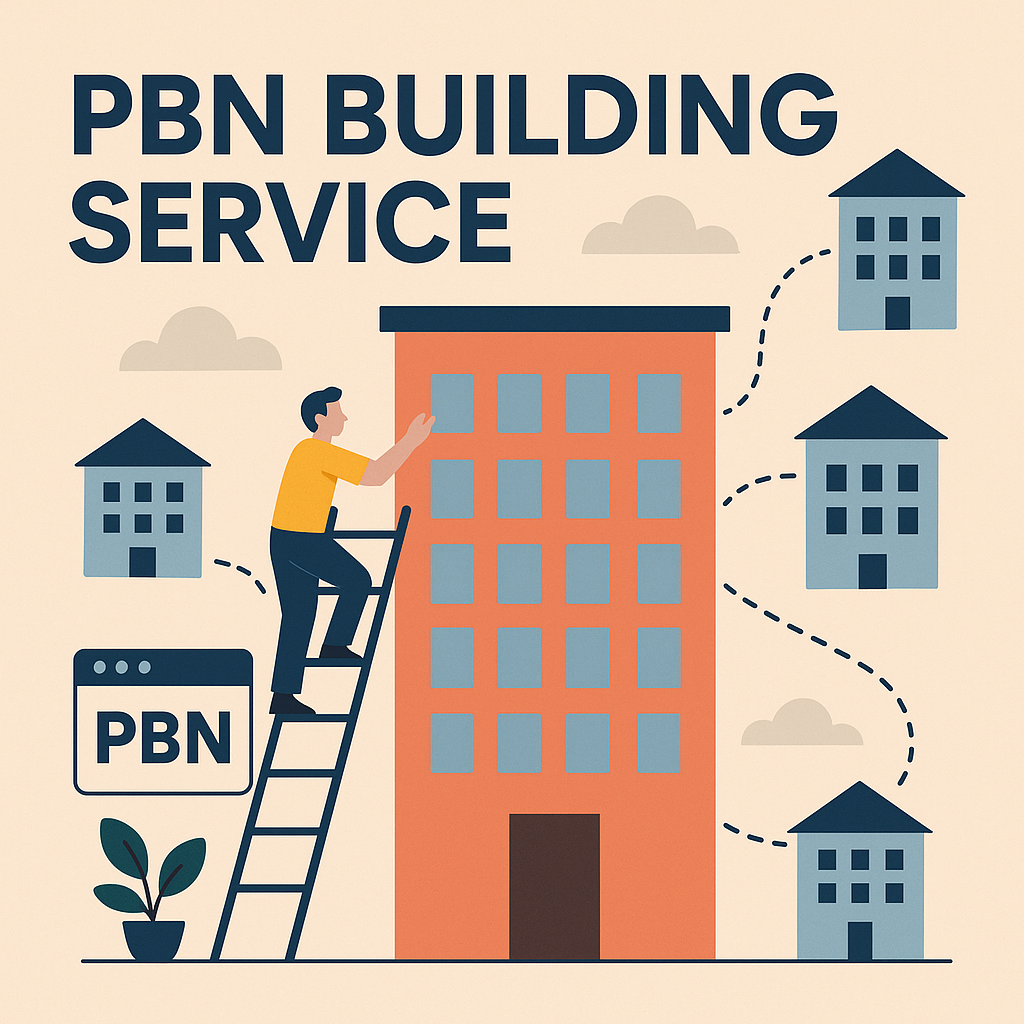
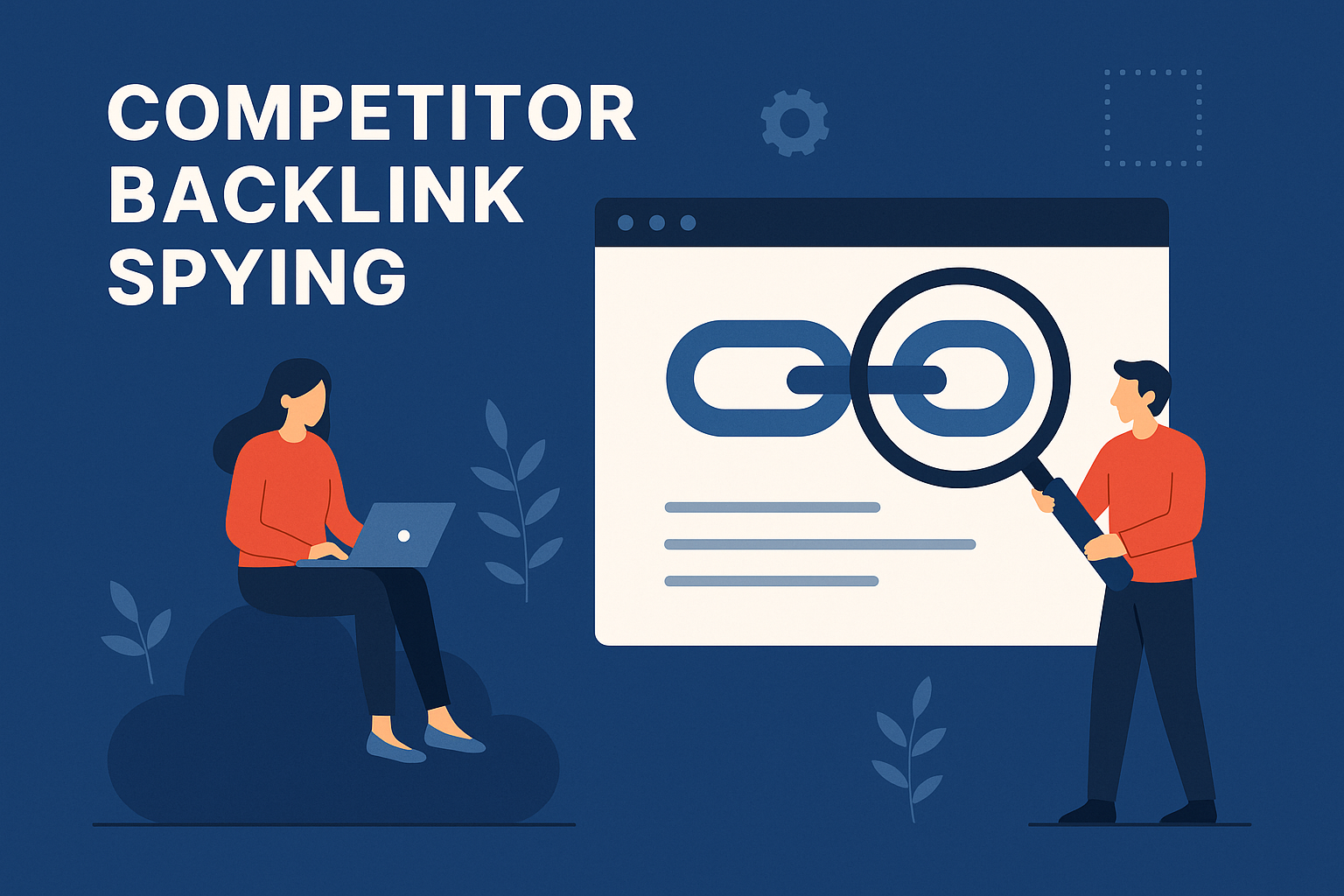
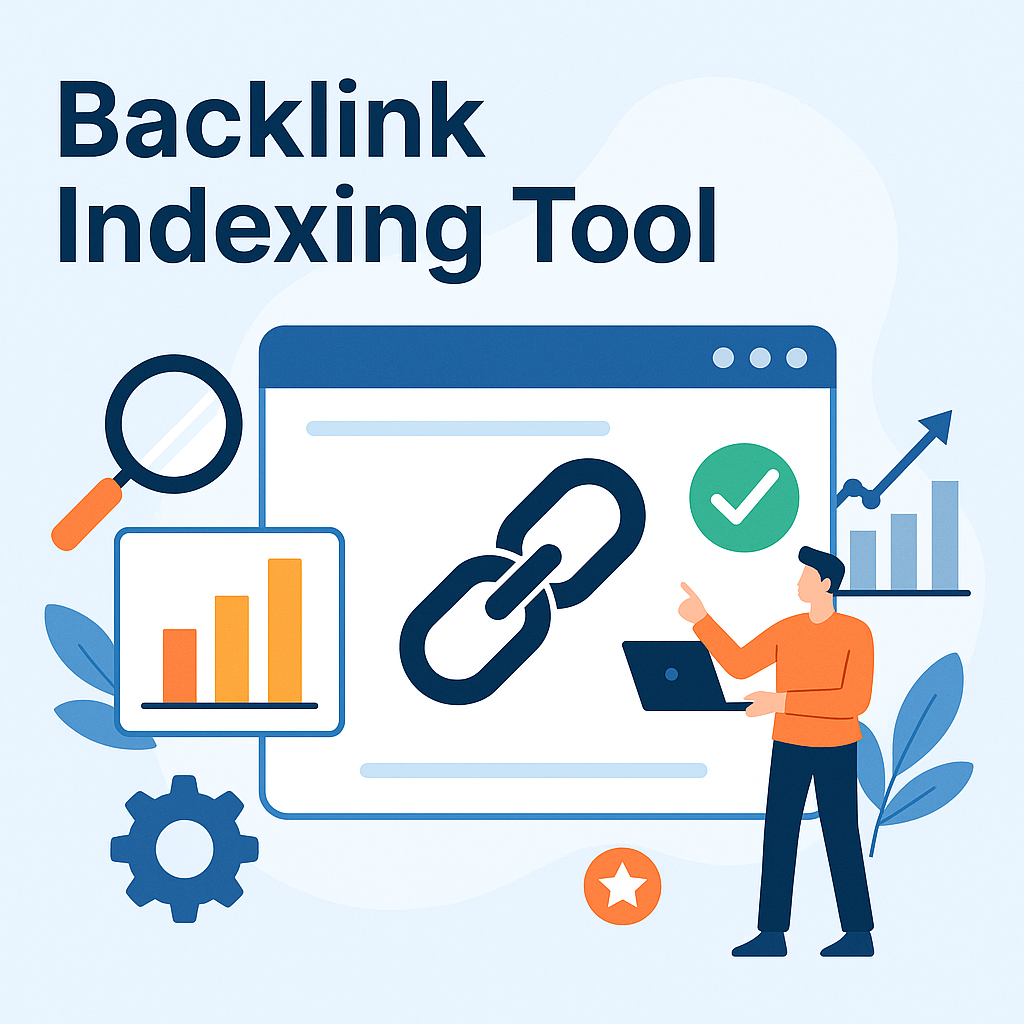




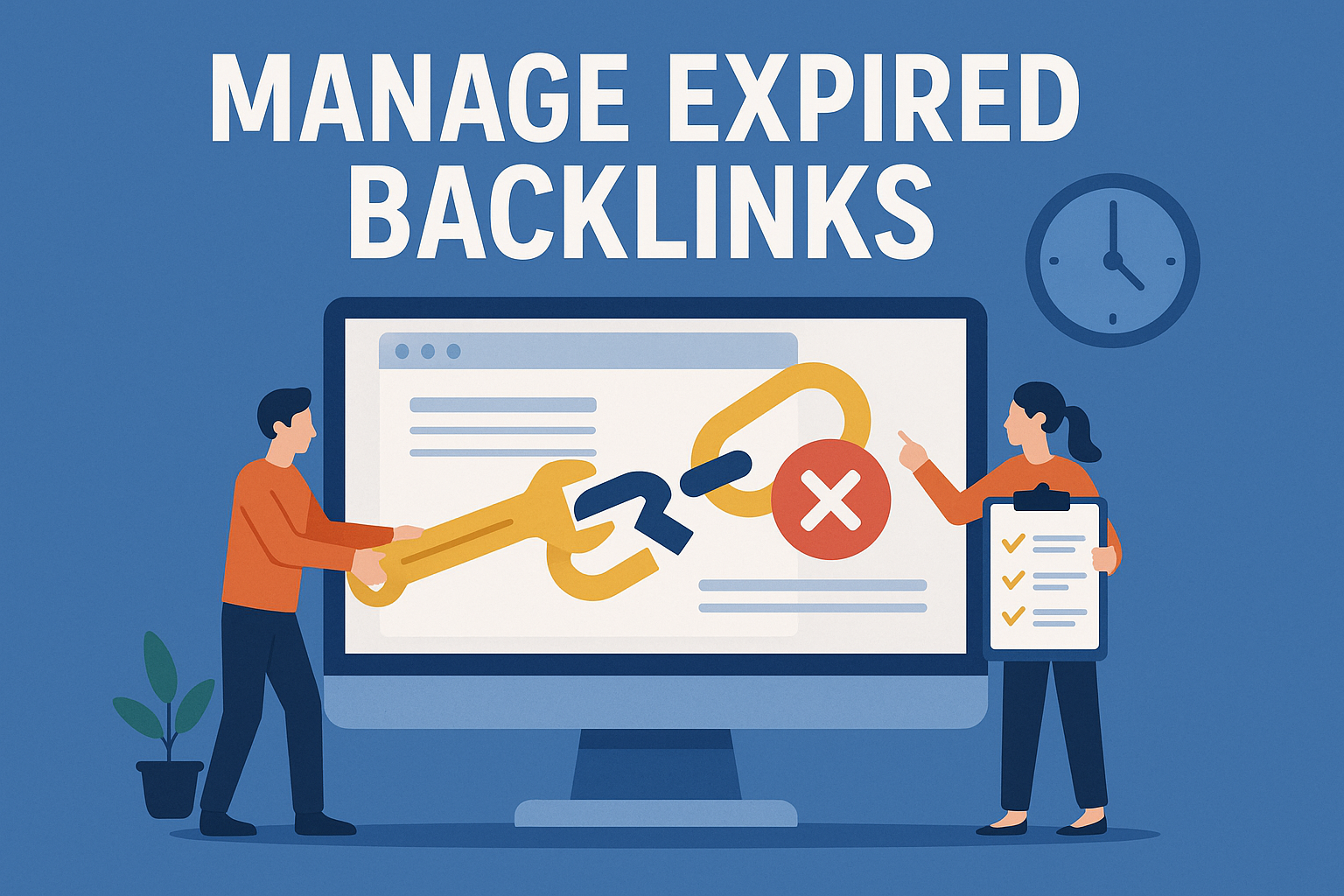


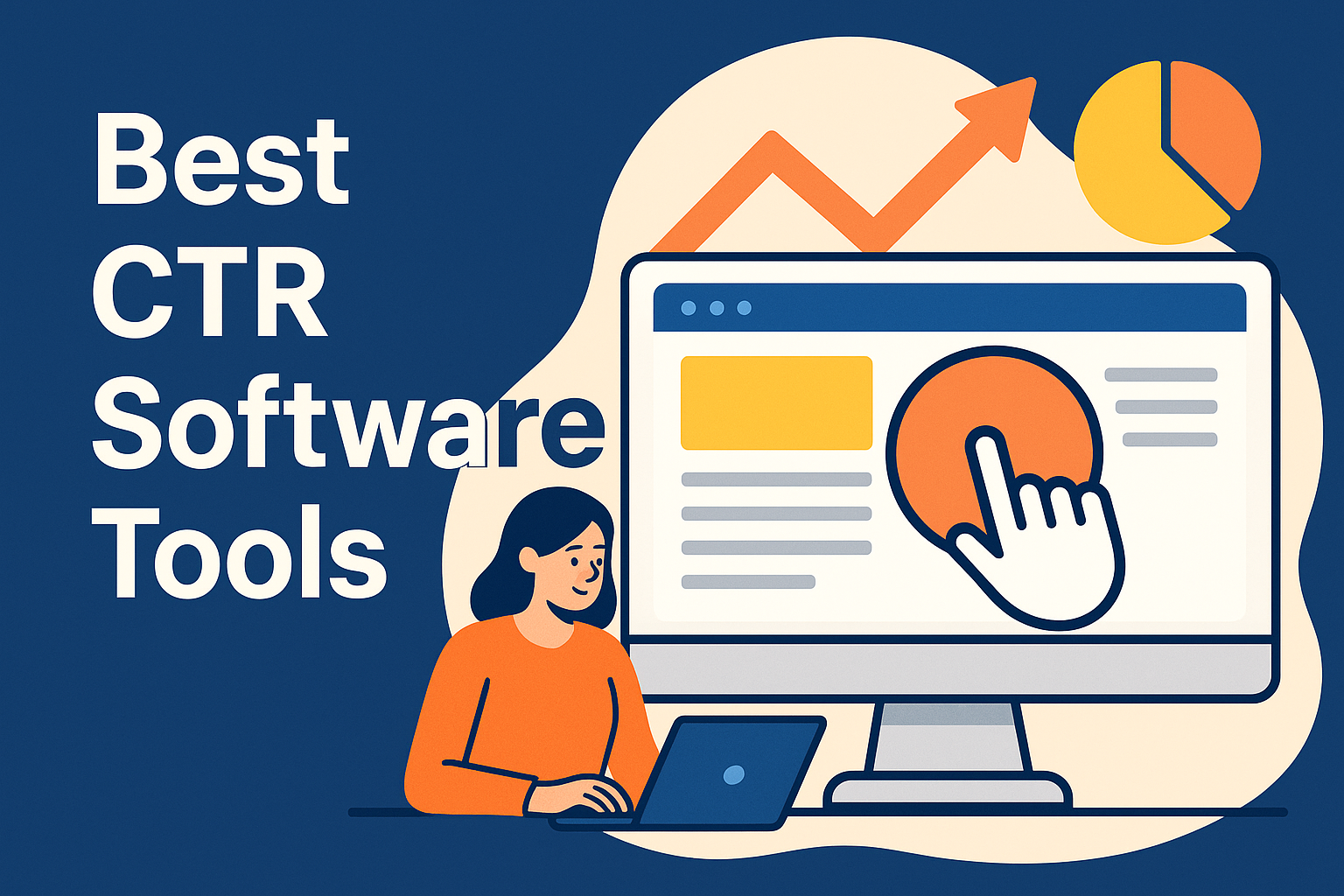

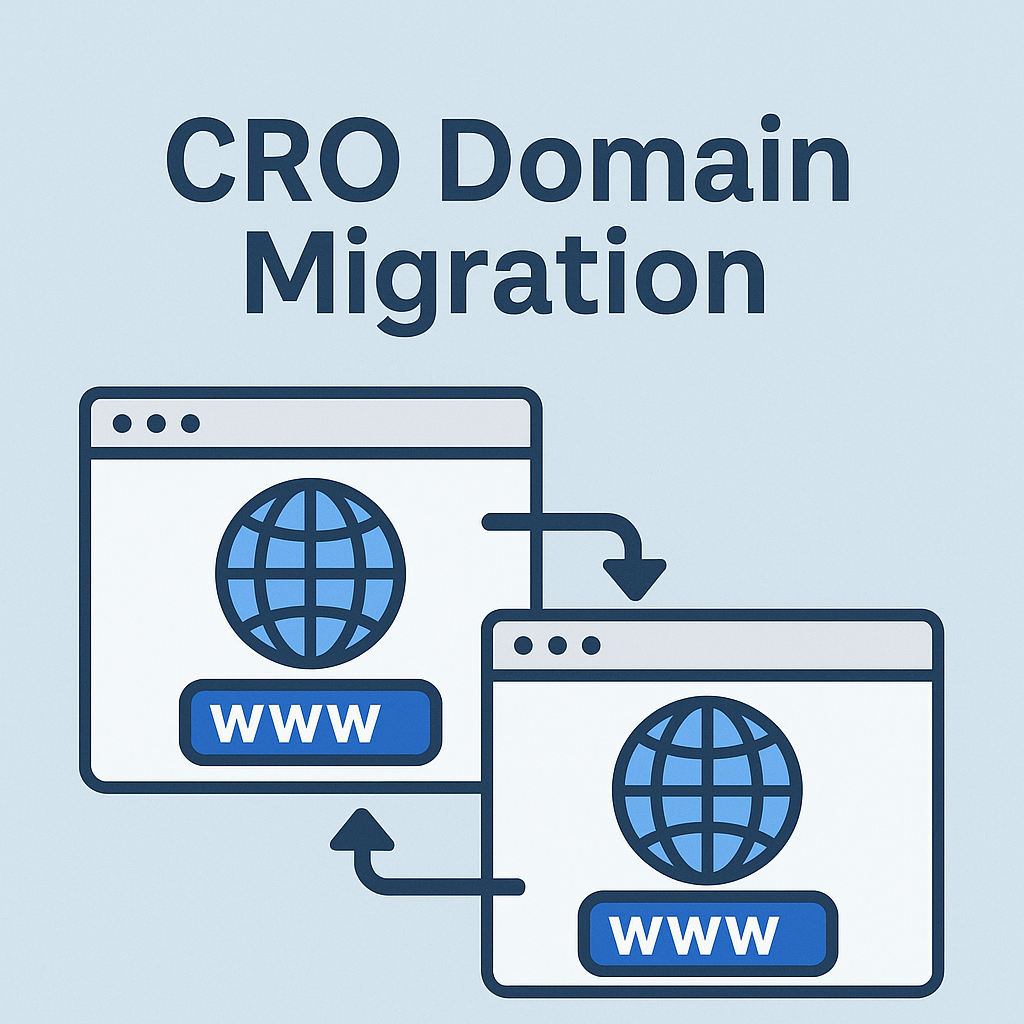


![Best Link Exchange Sites [Free & Safe] – Top 5 Picks](https://backlinkmanagement.io/wp-content/uploads/2025/04/Free-Link-Exchange.png)


